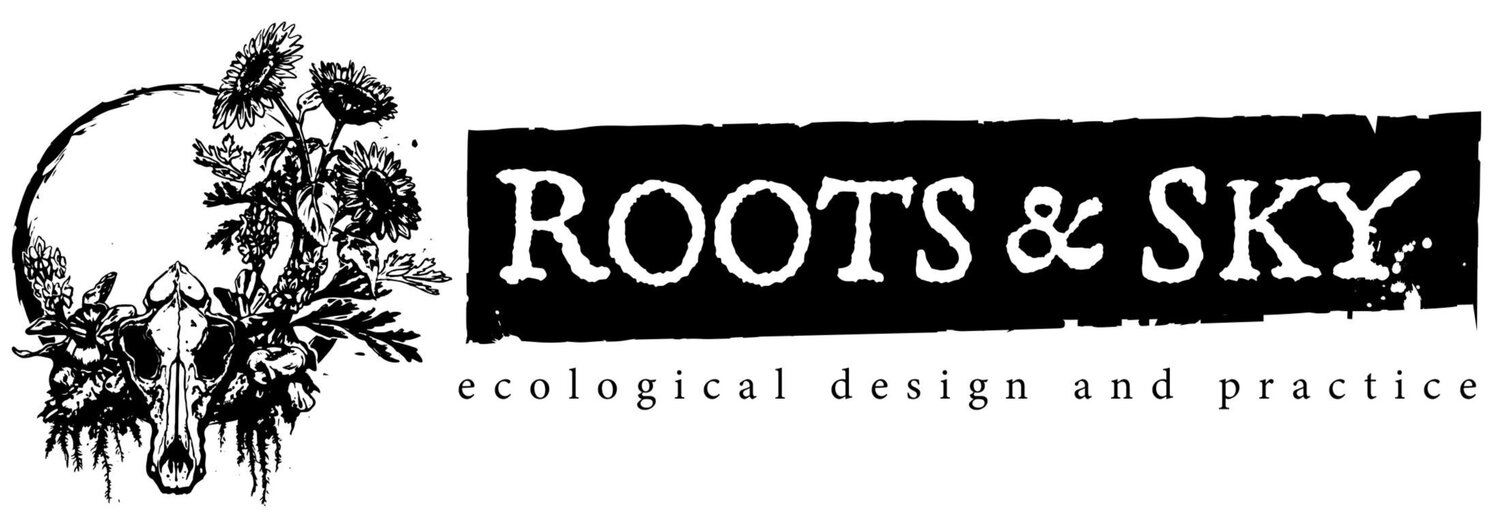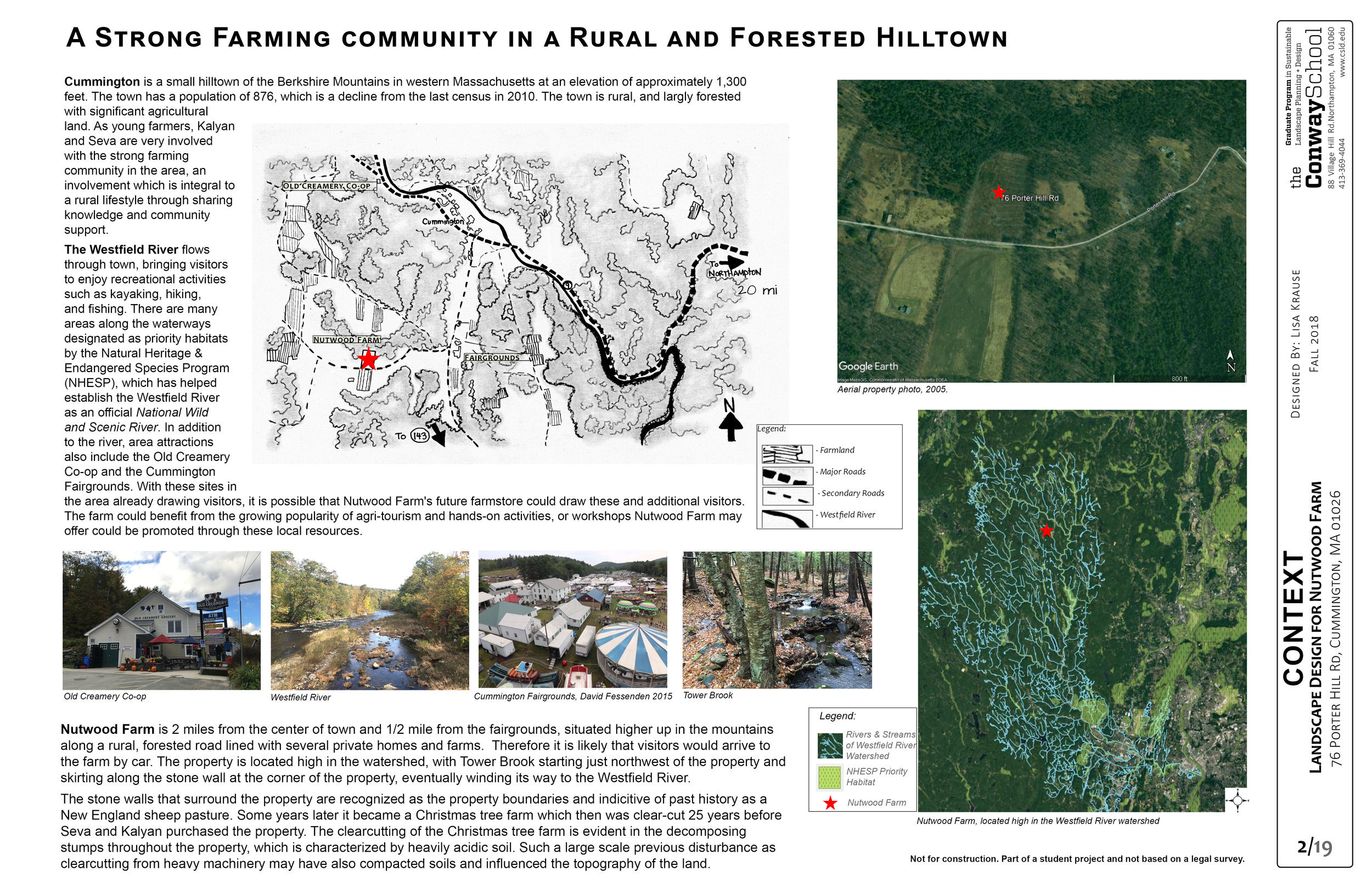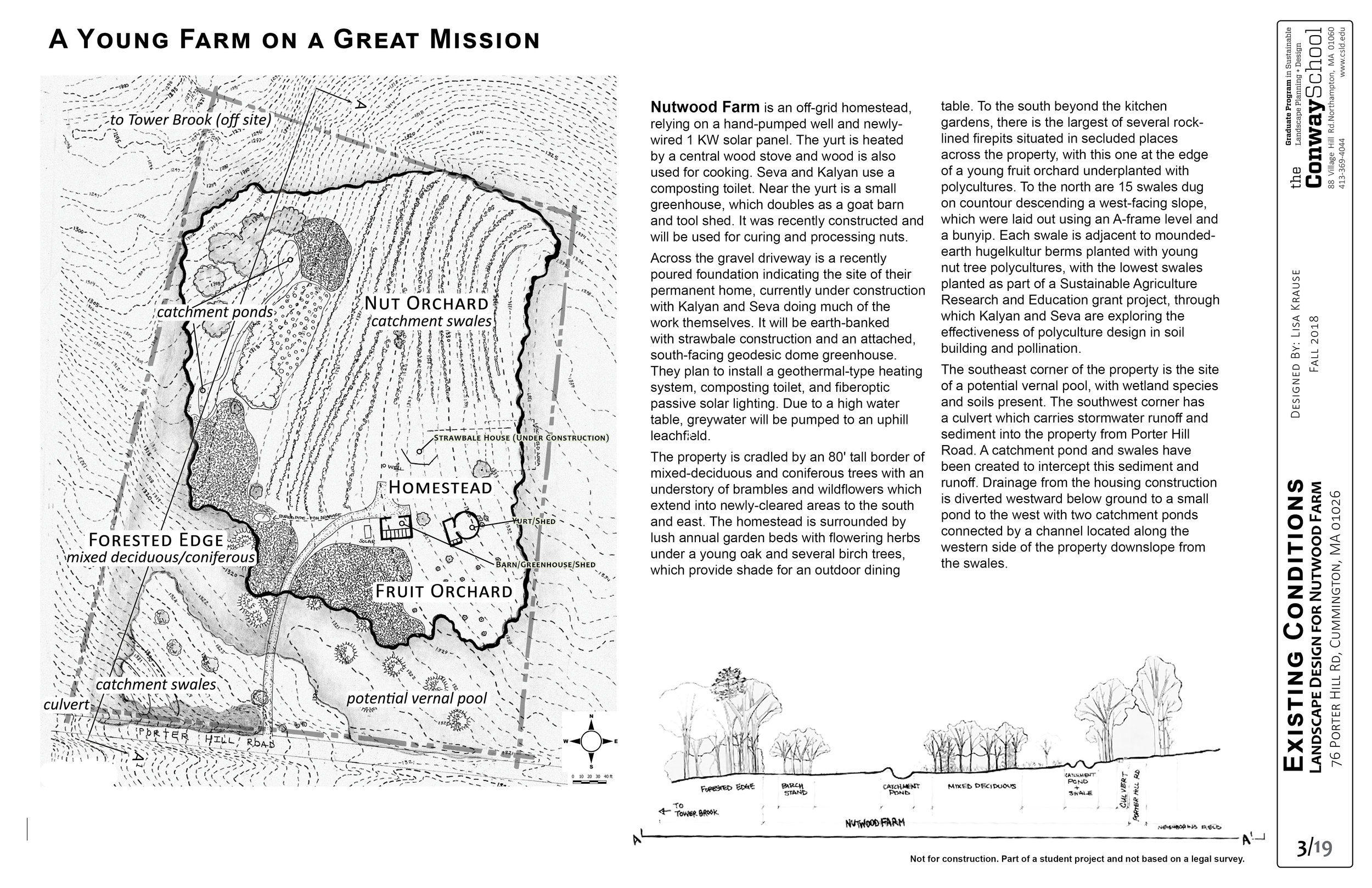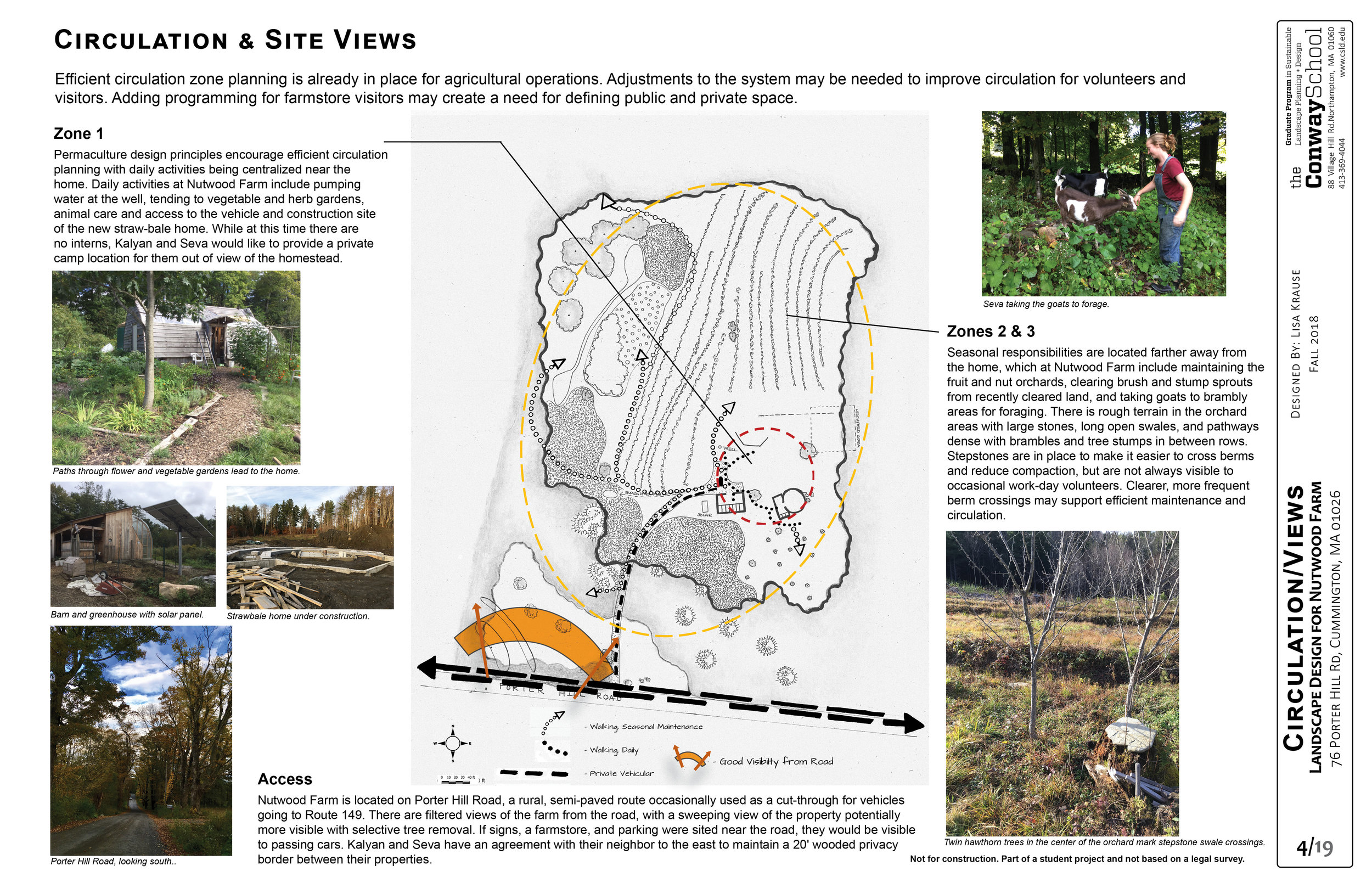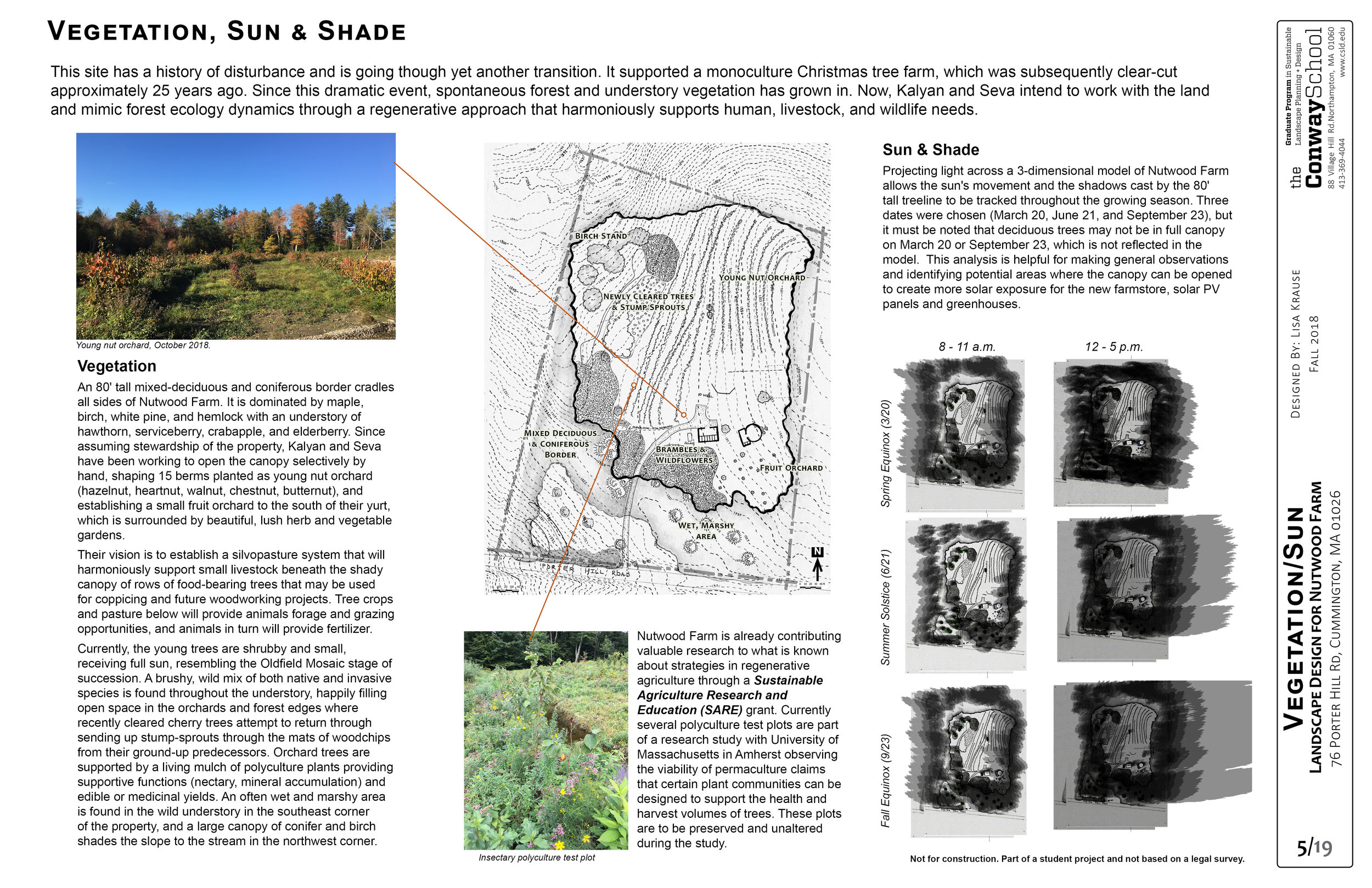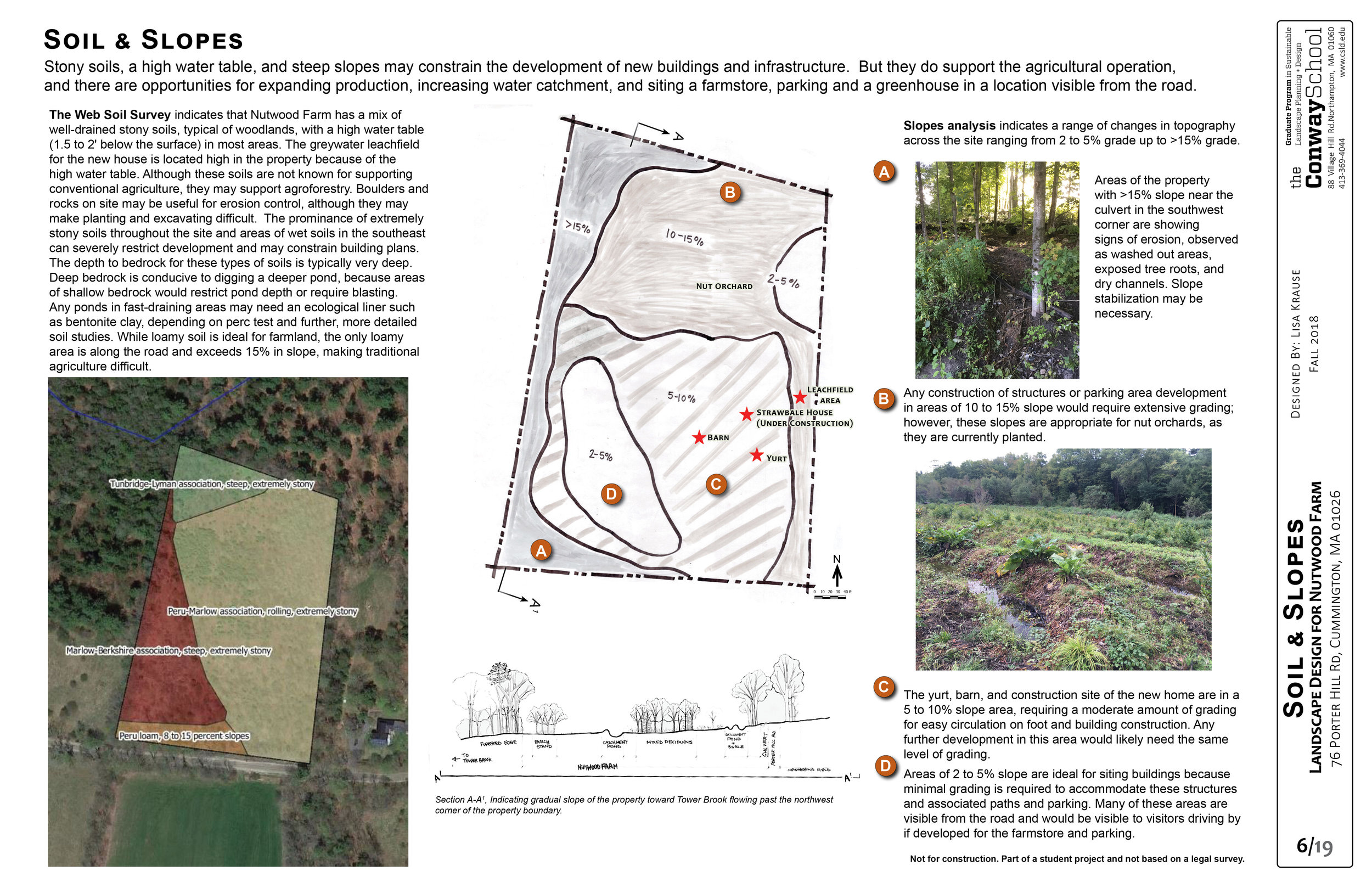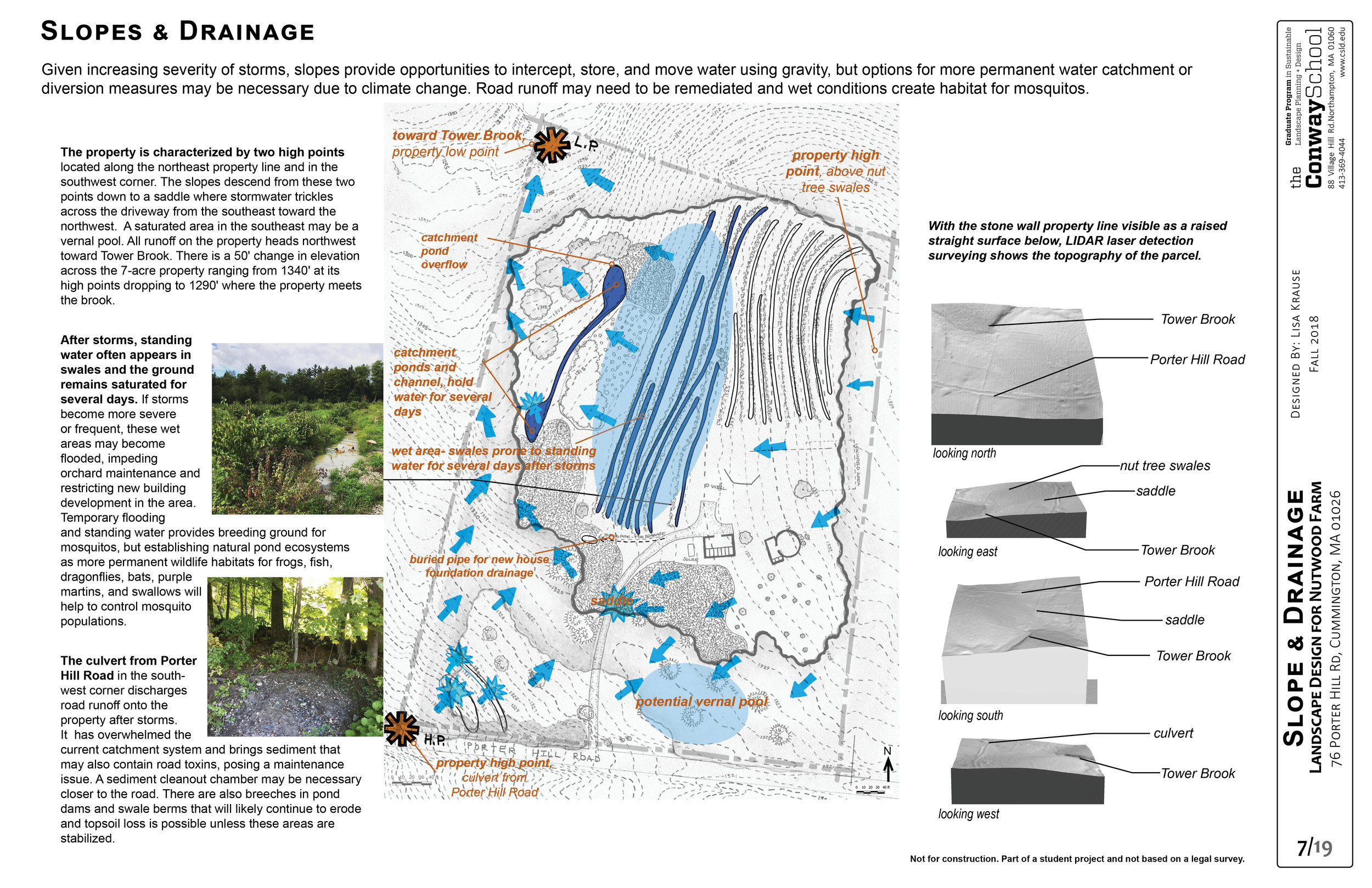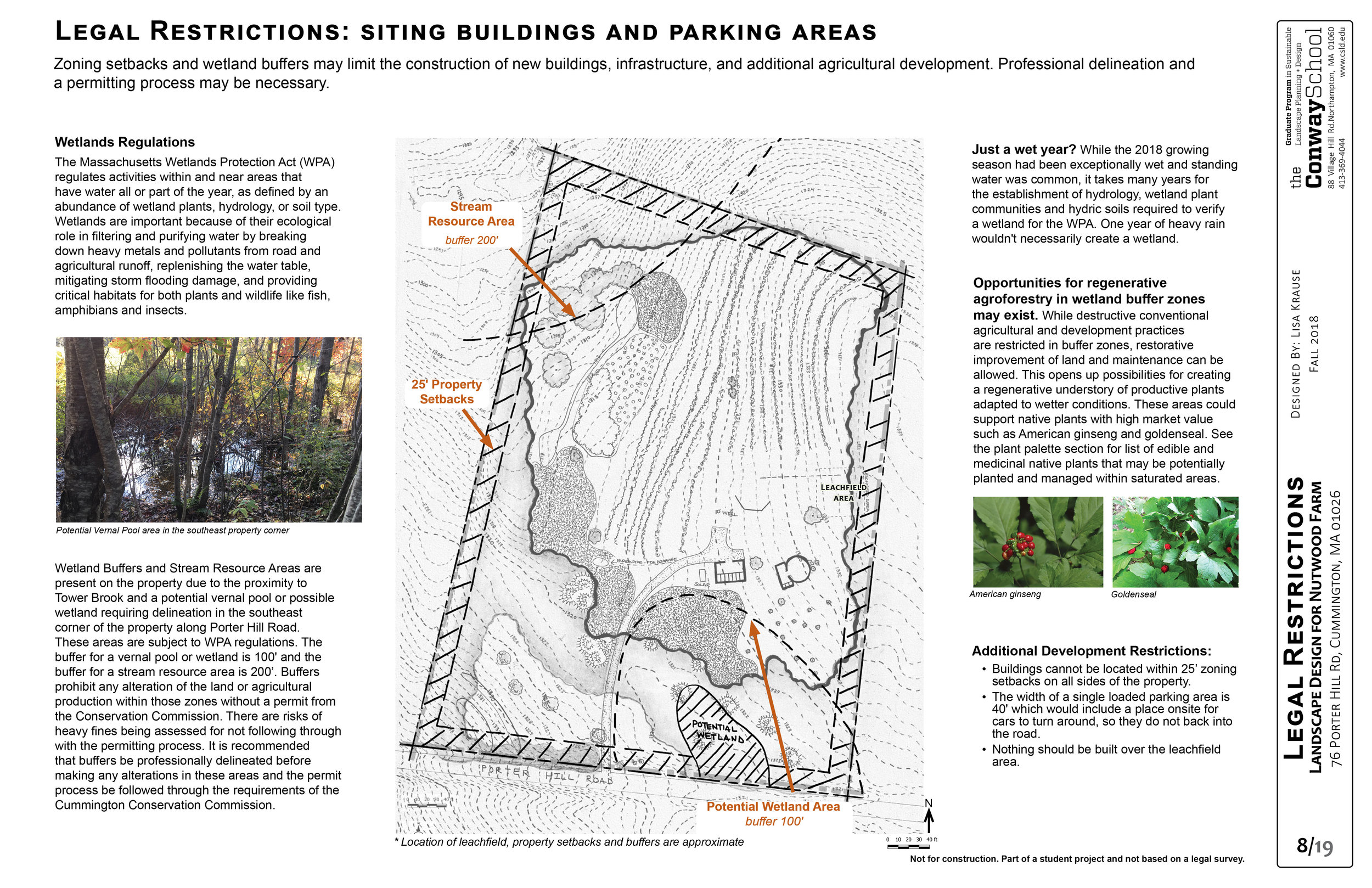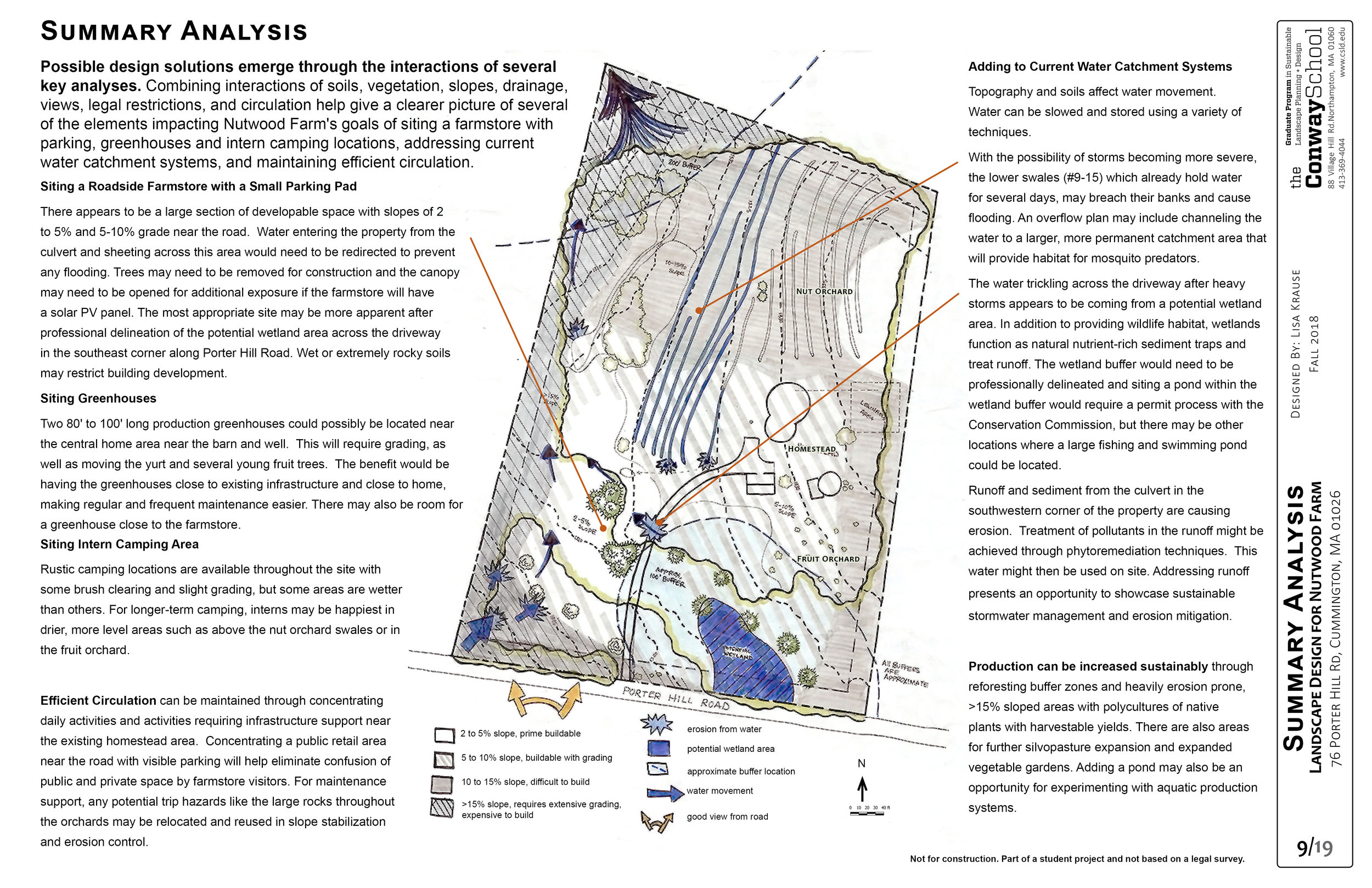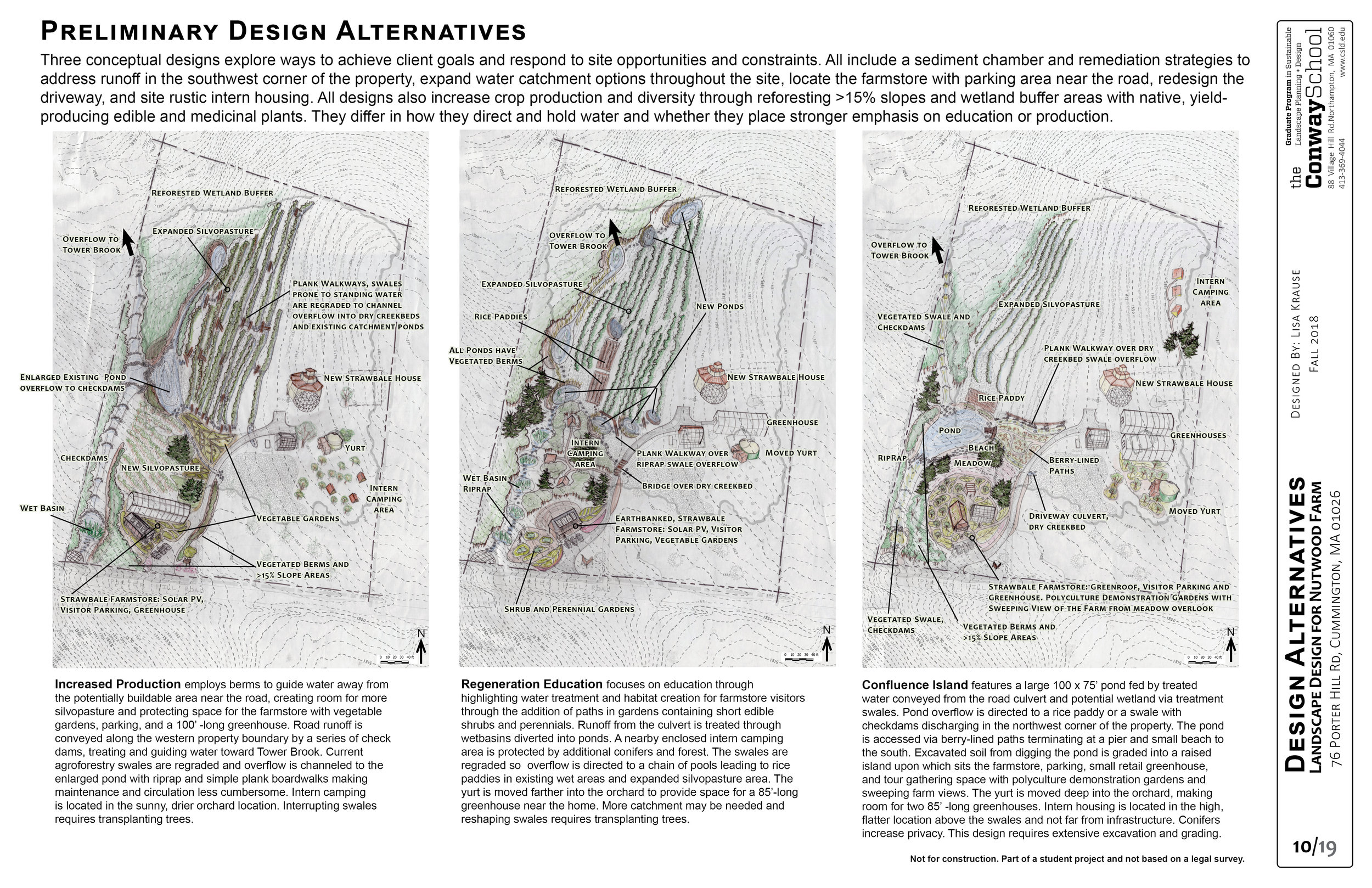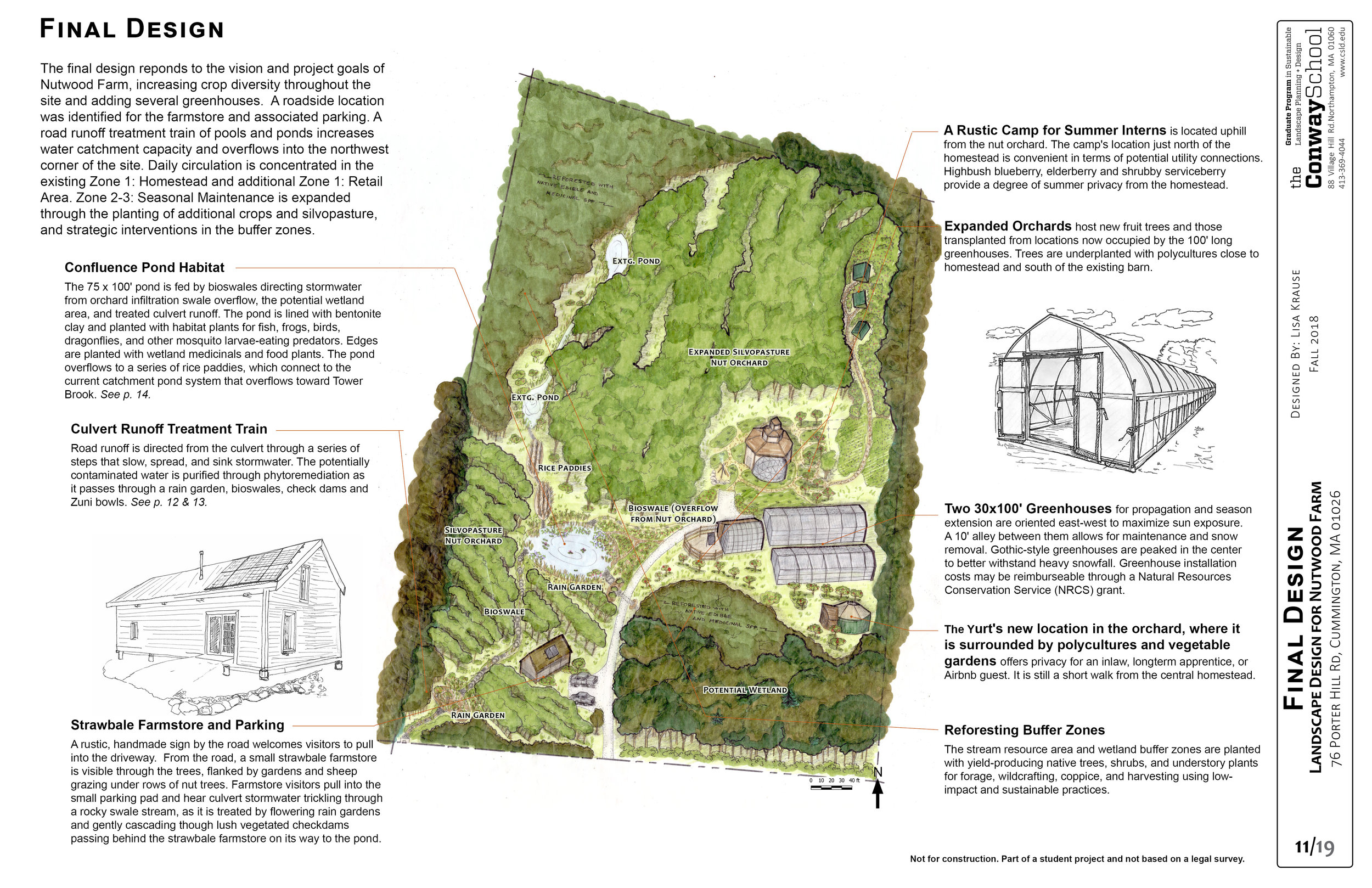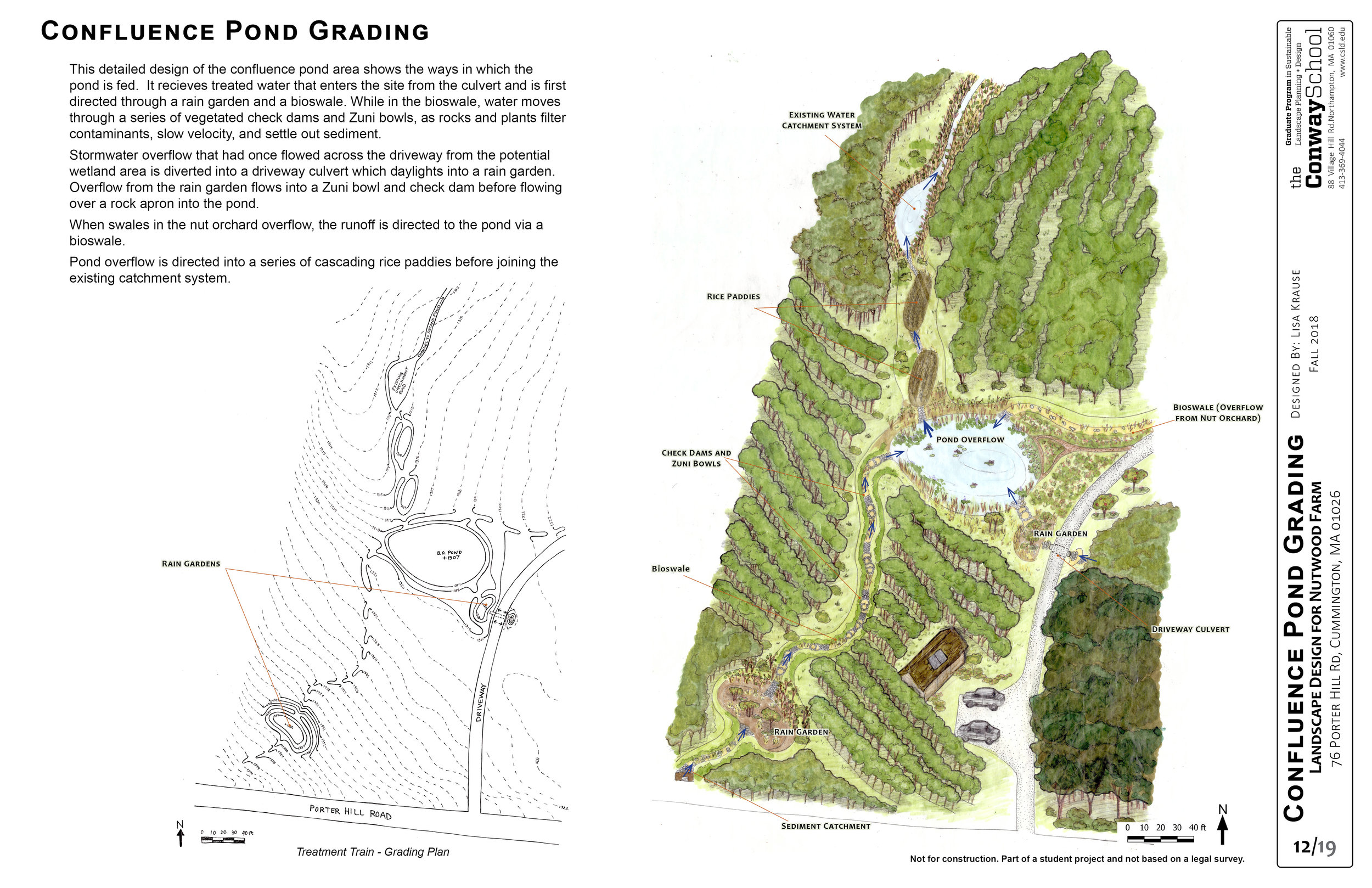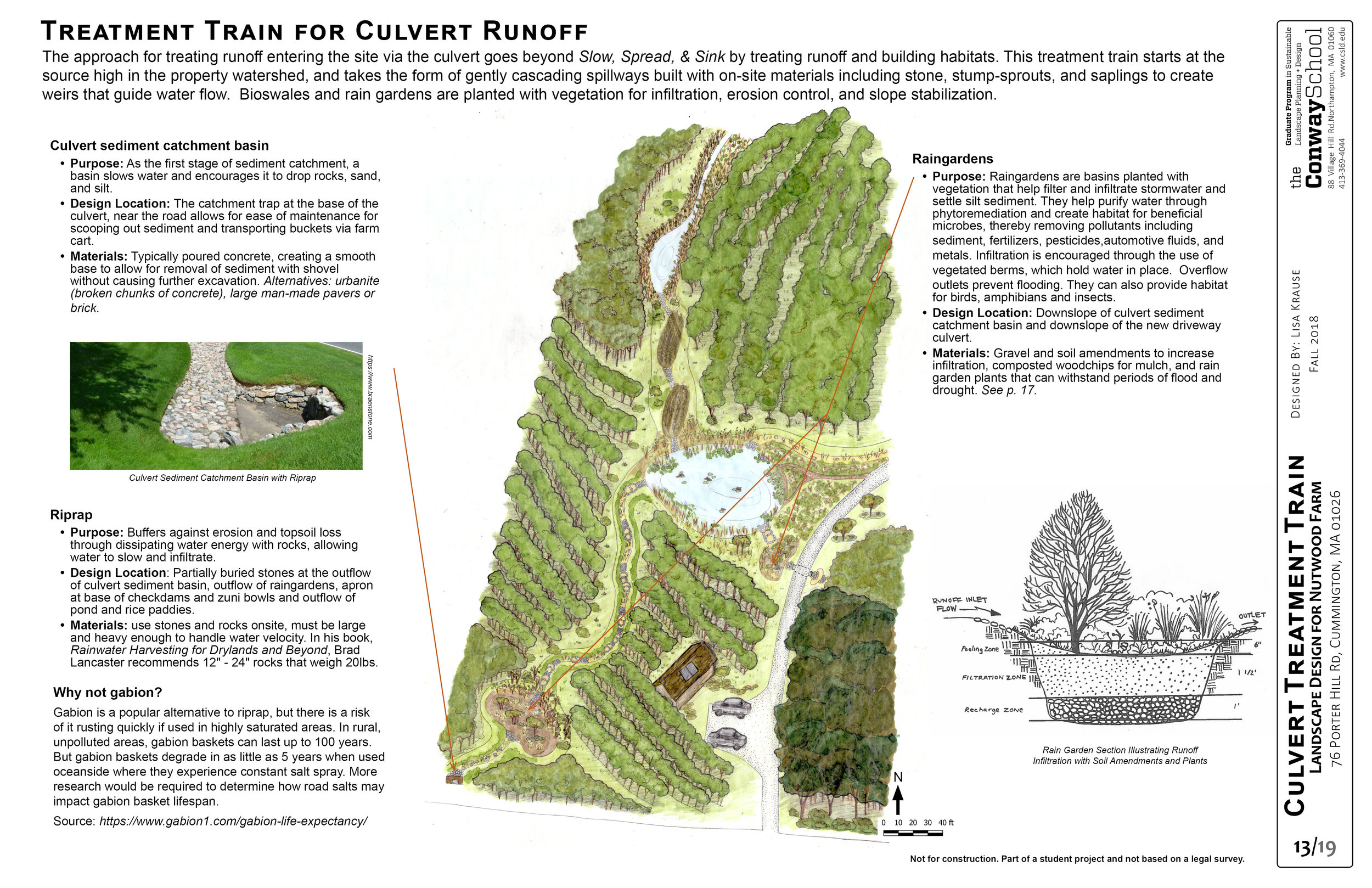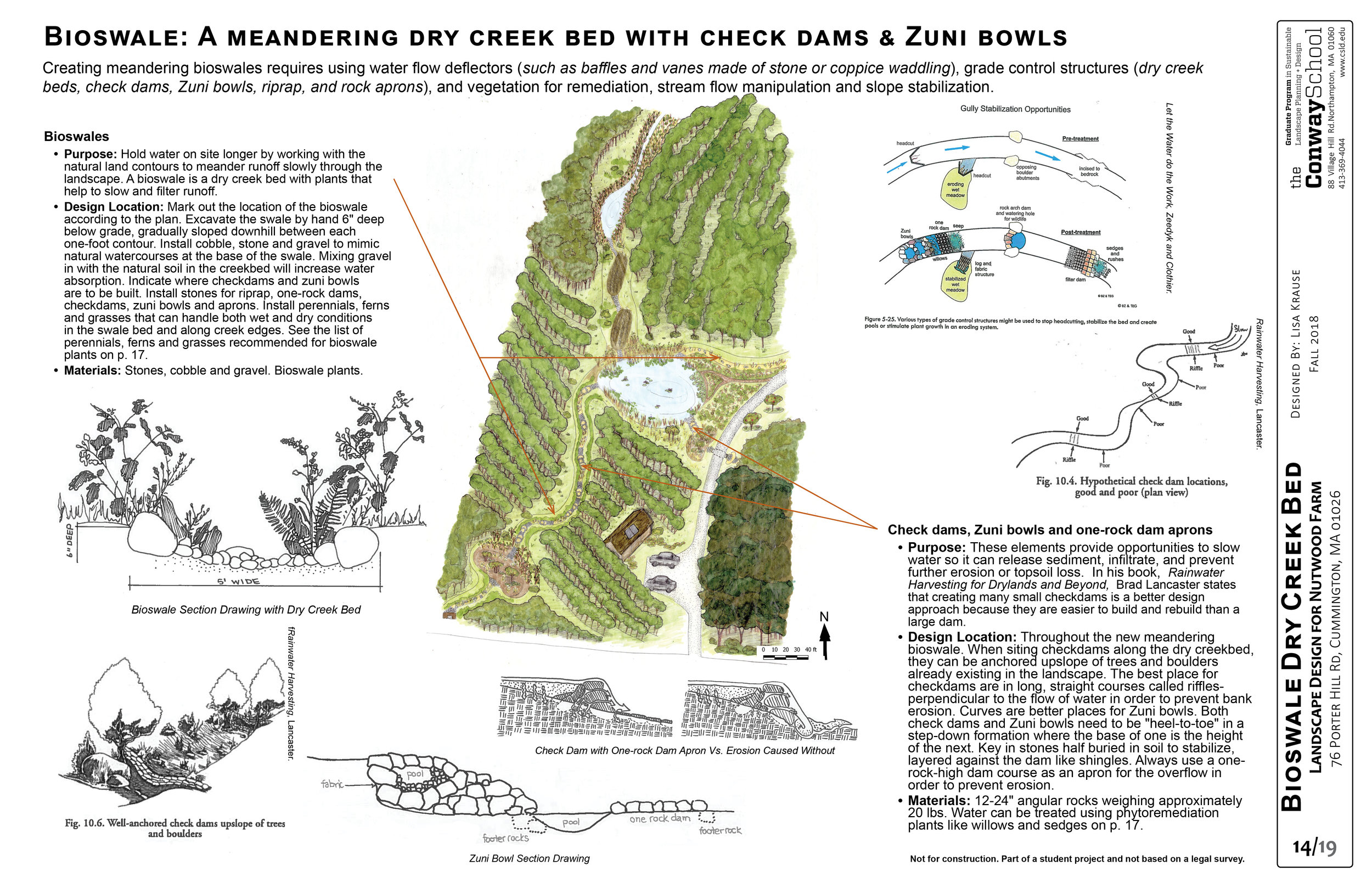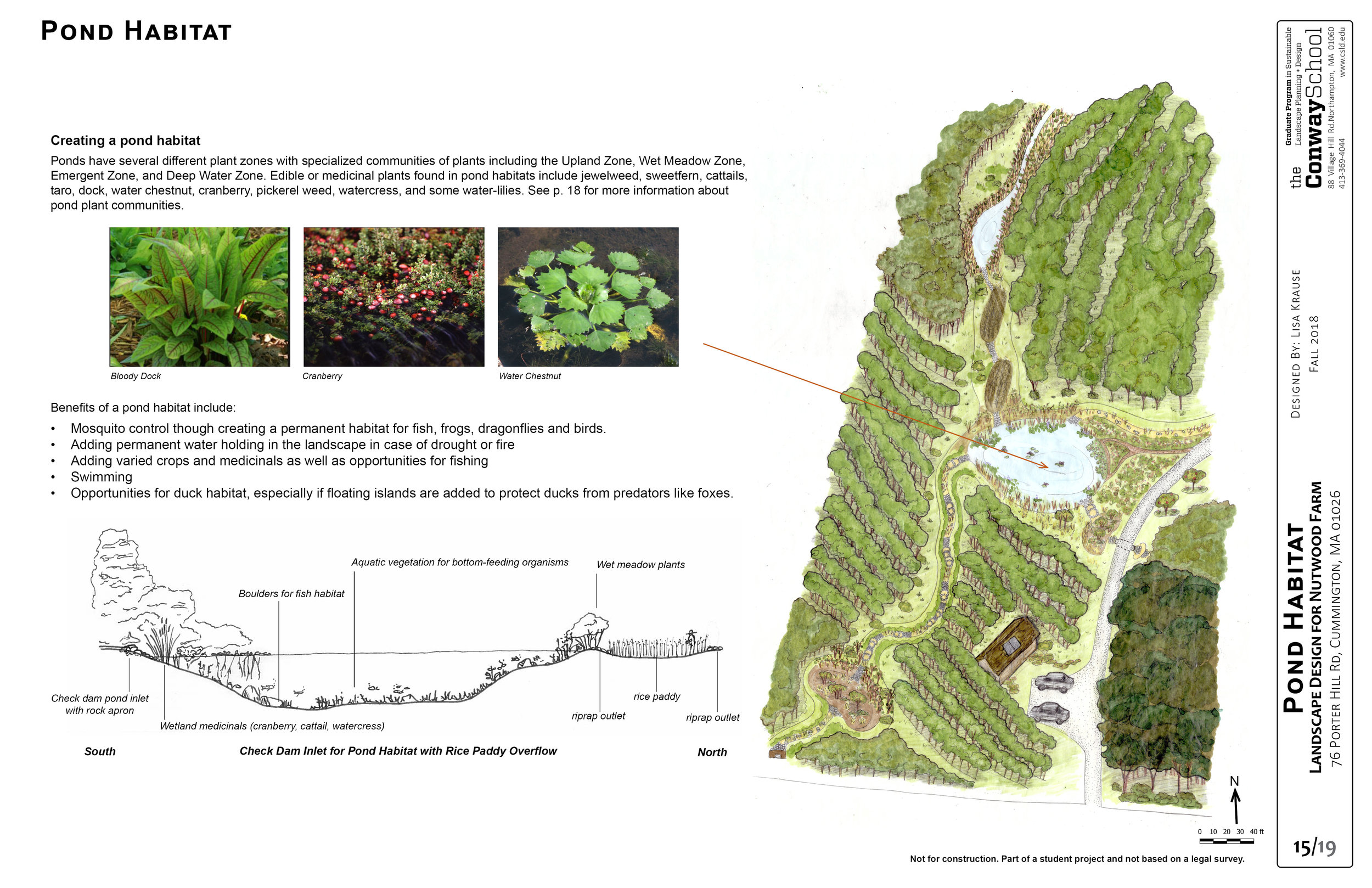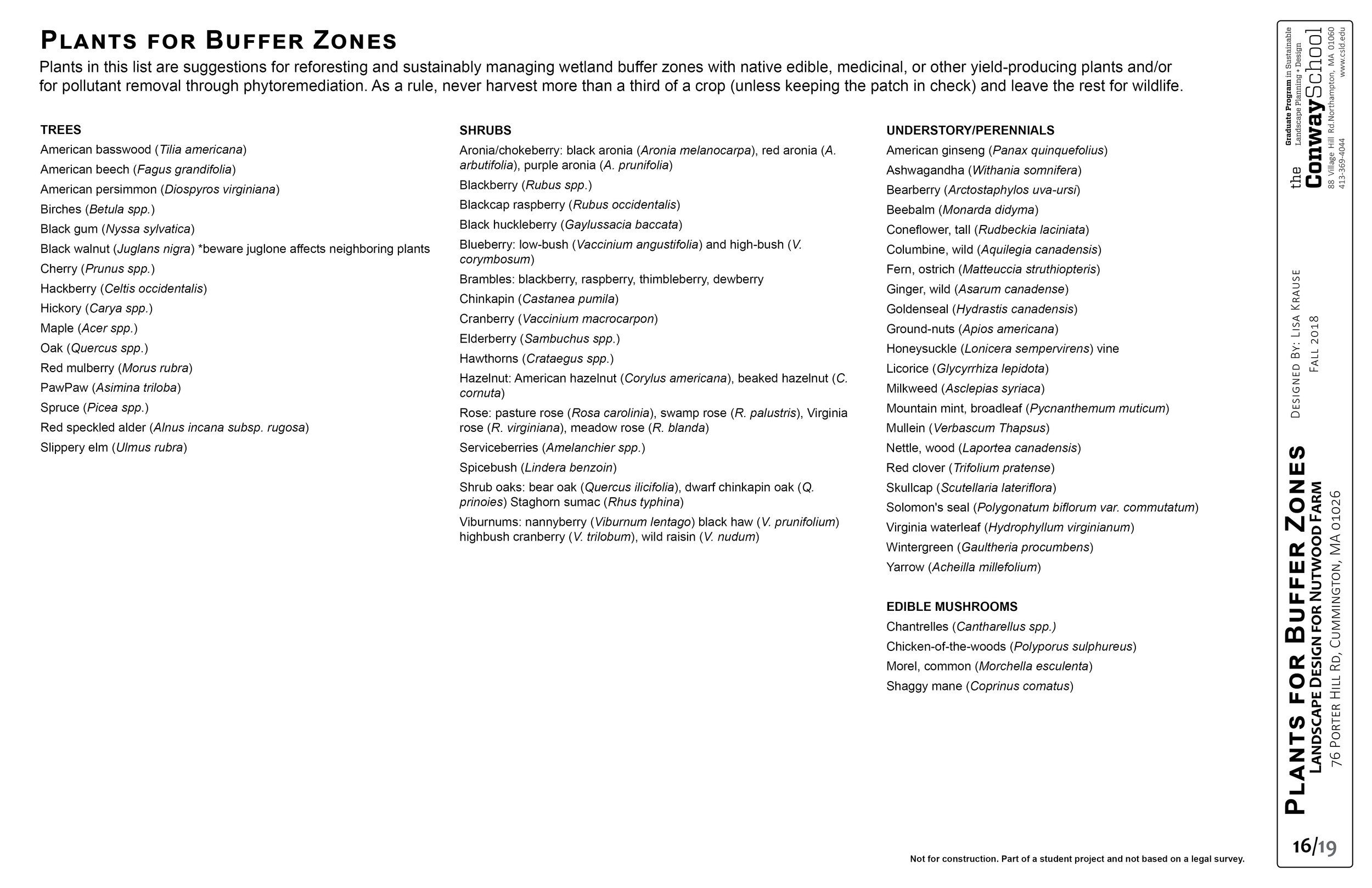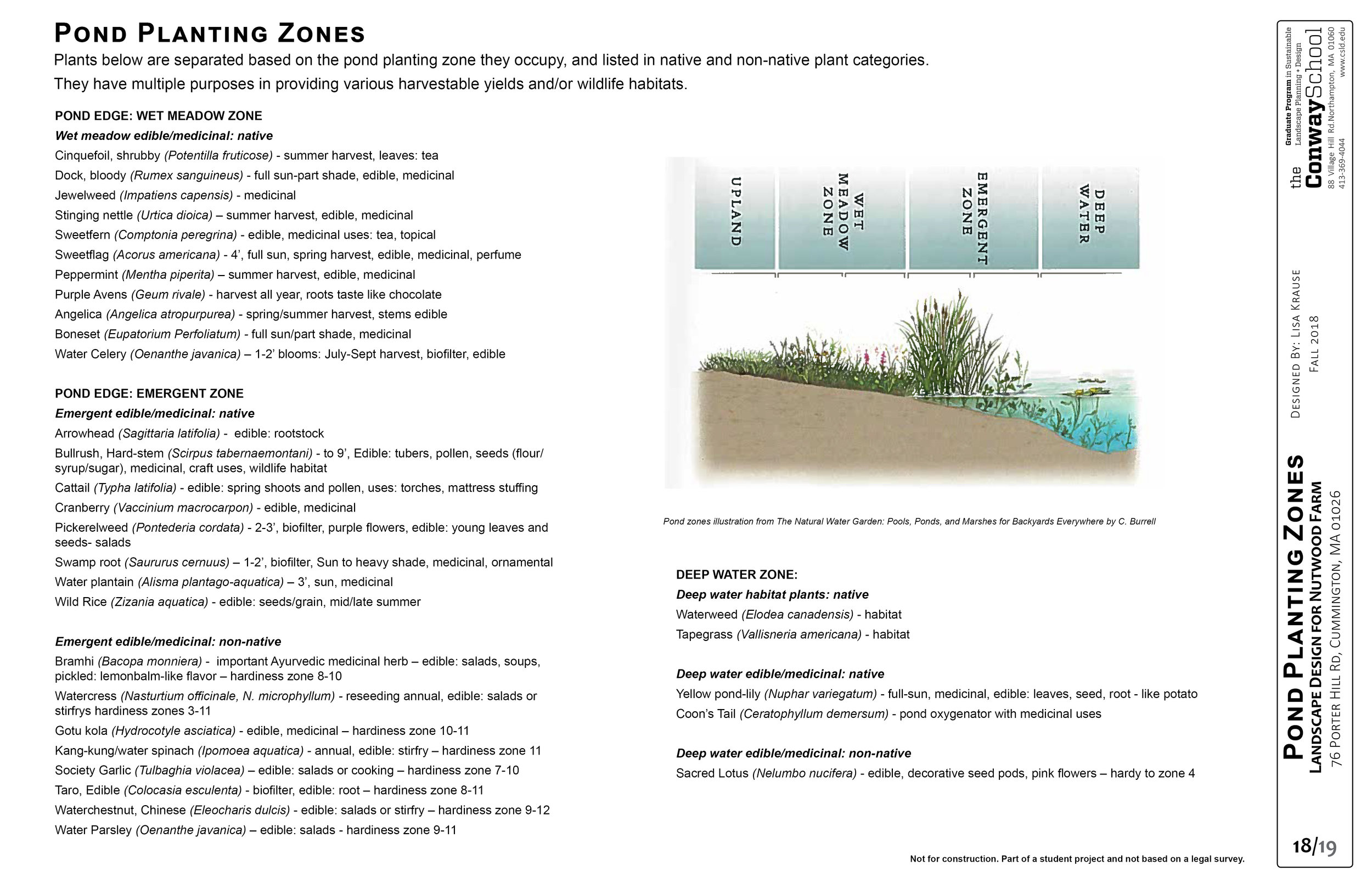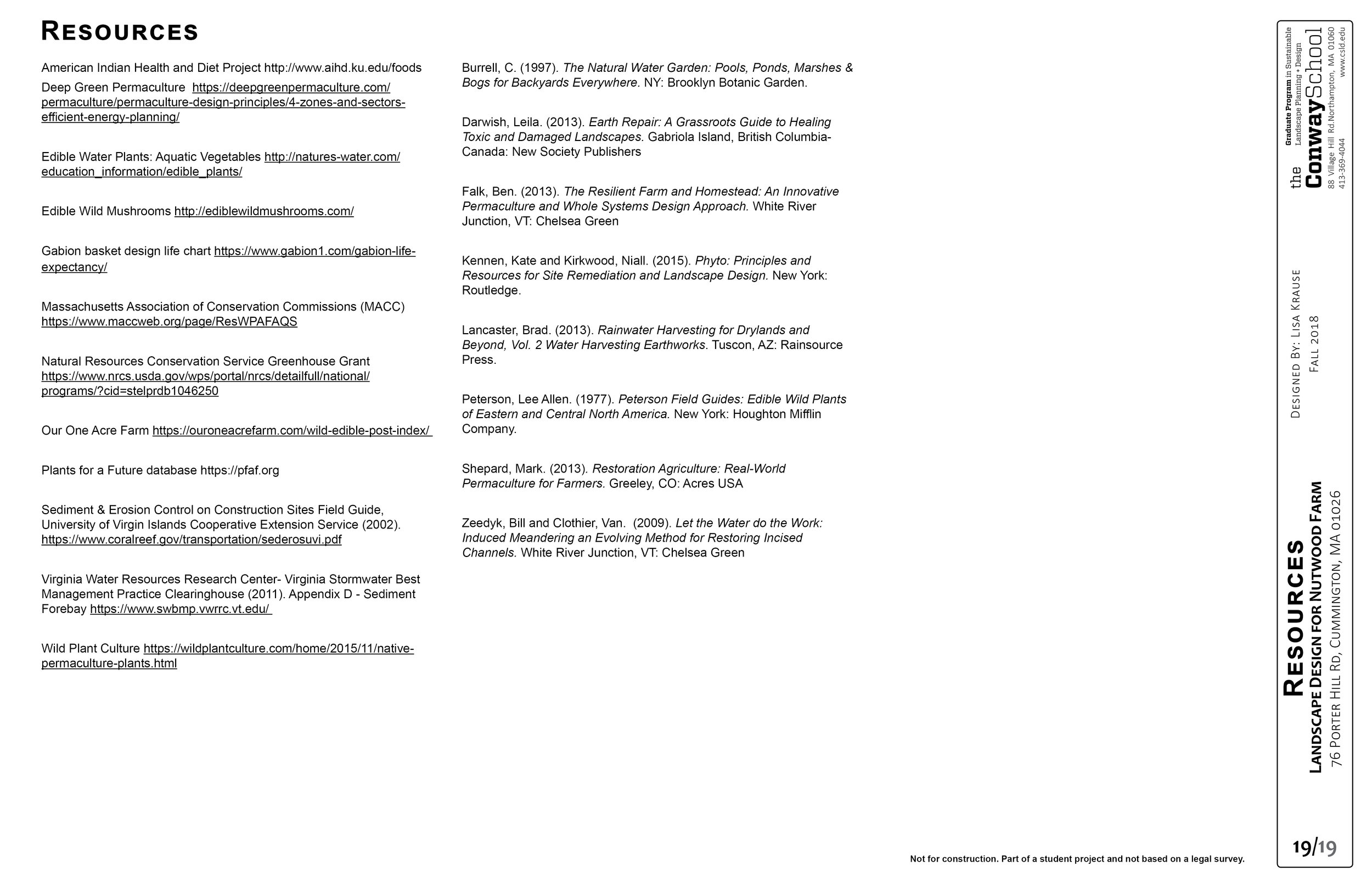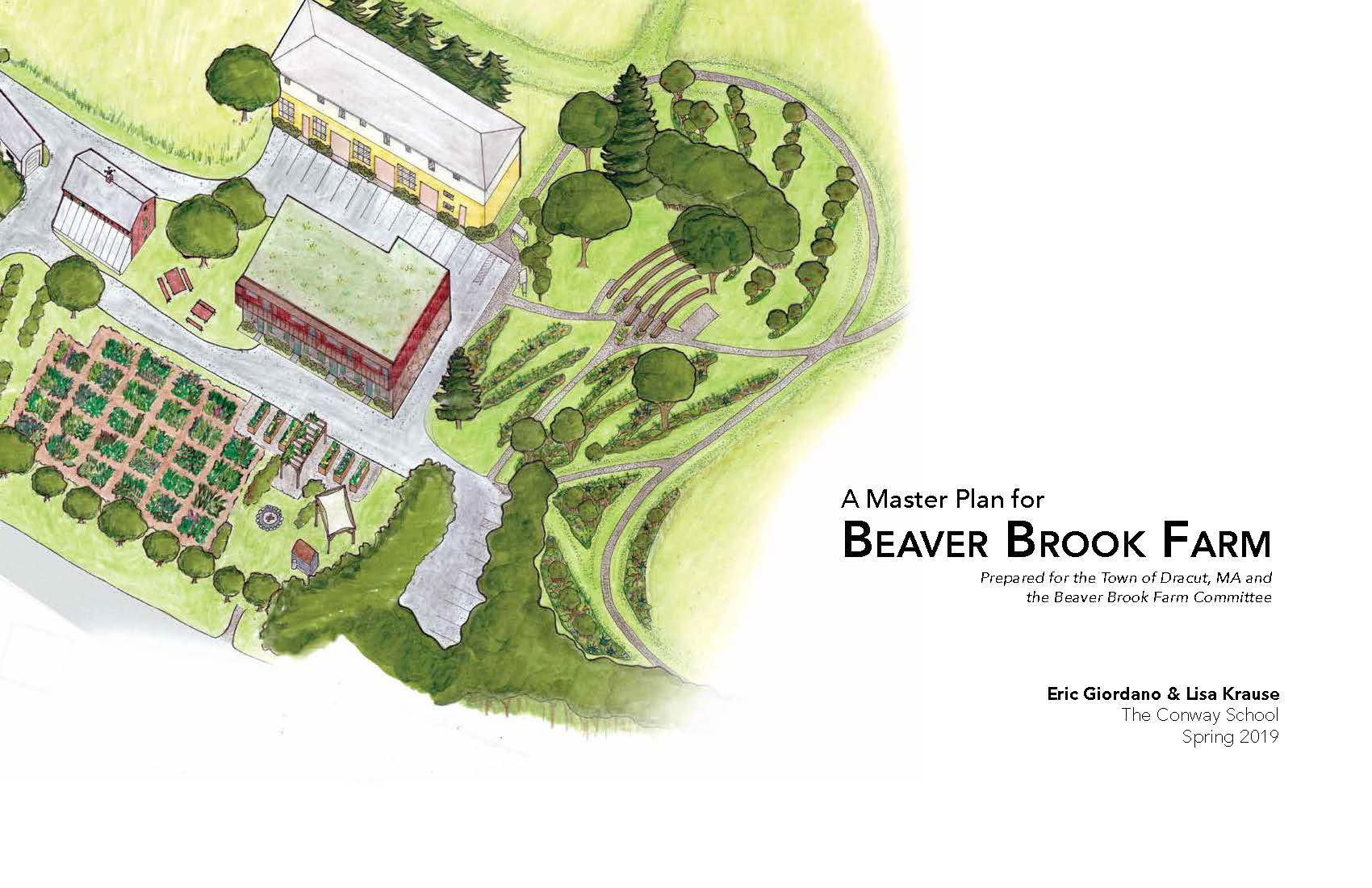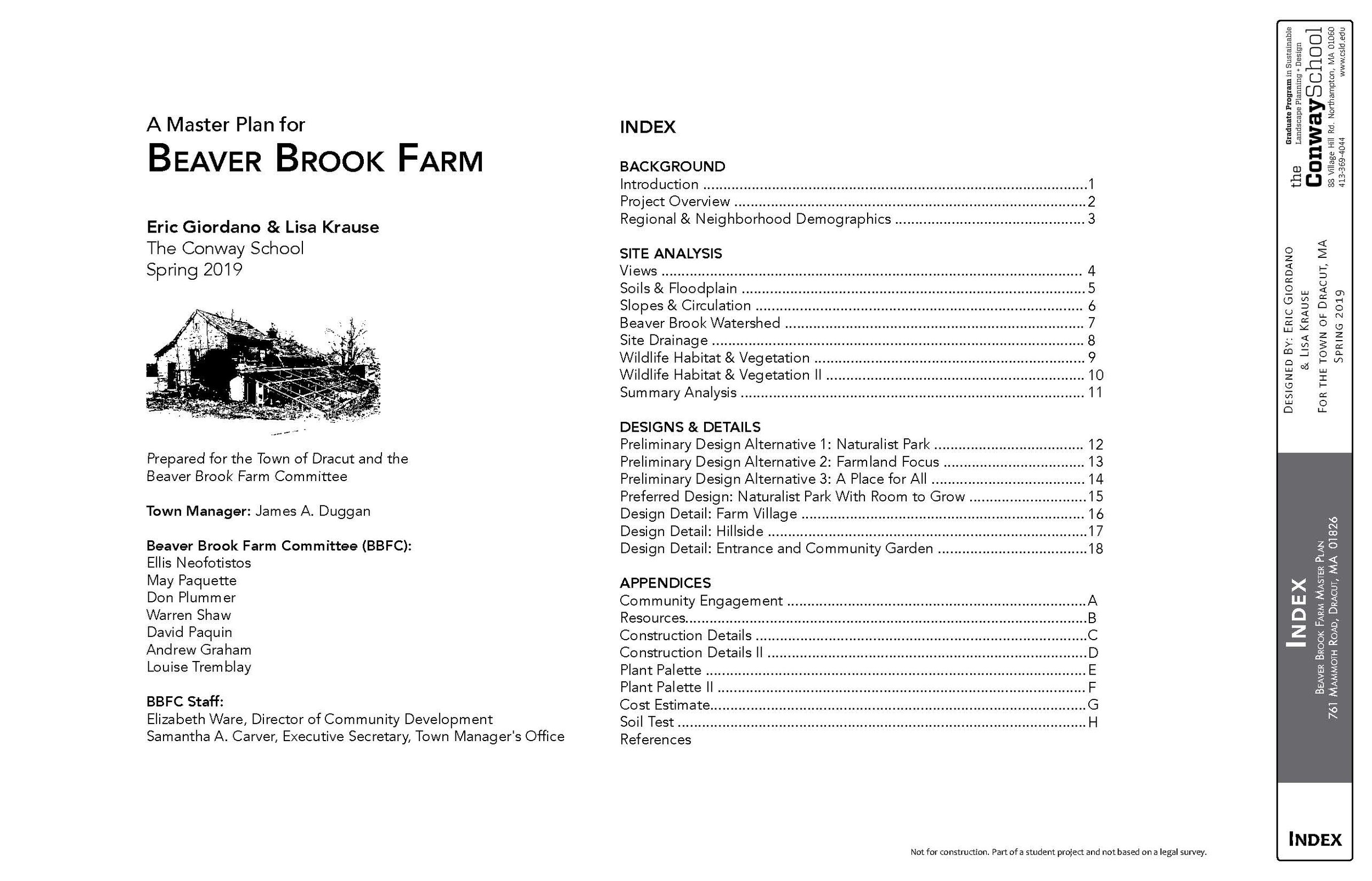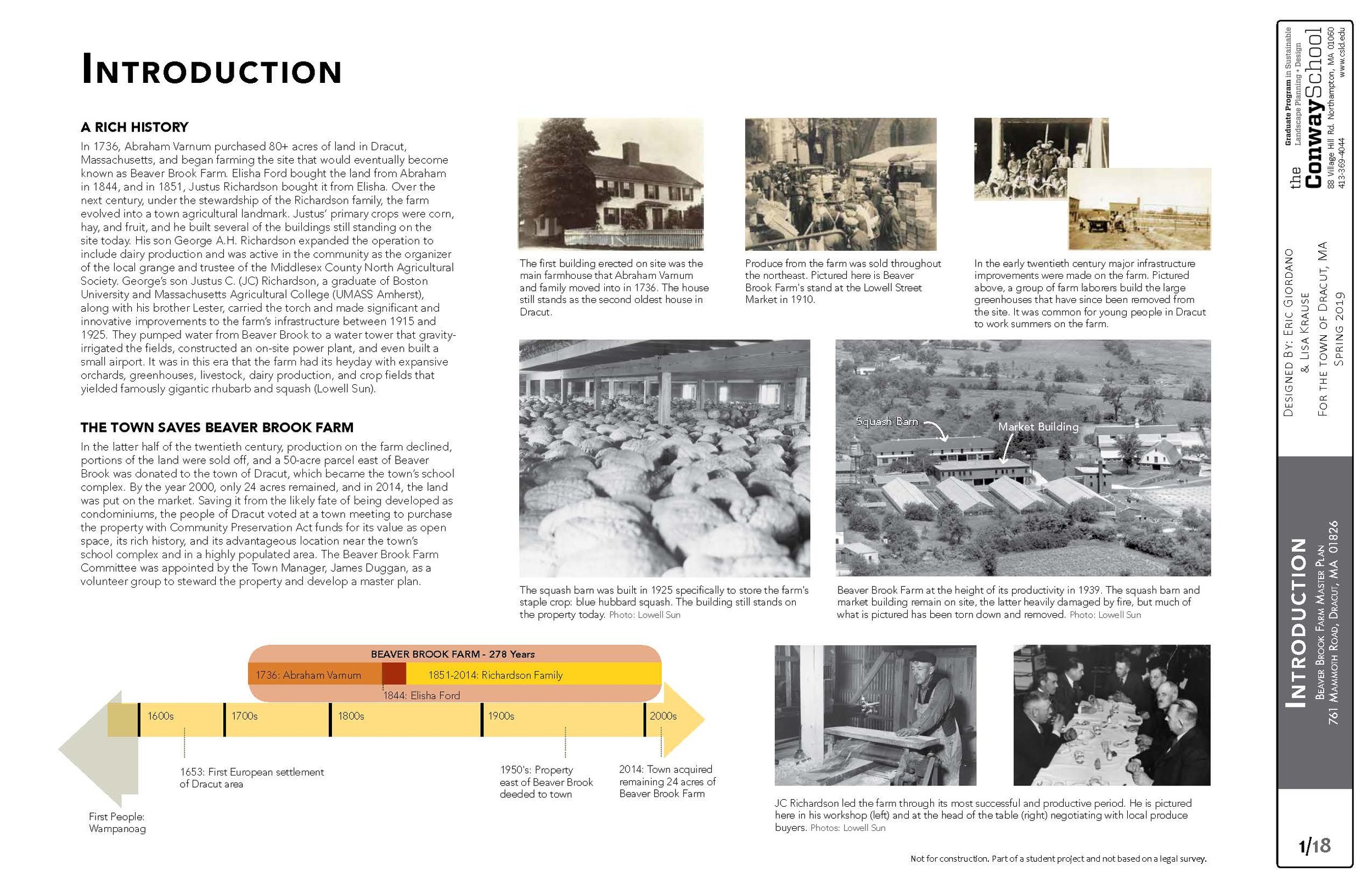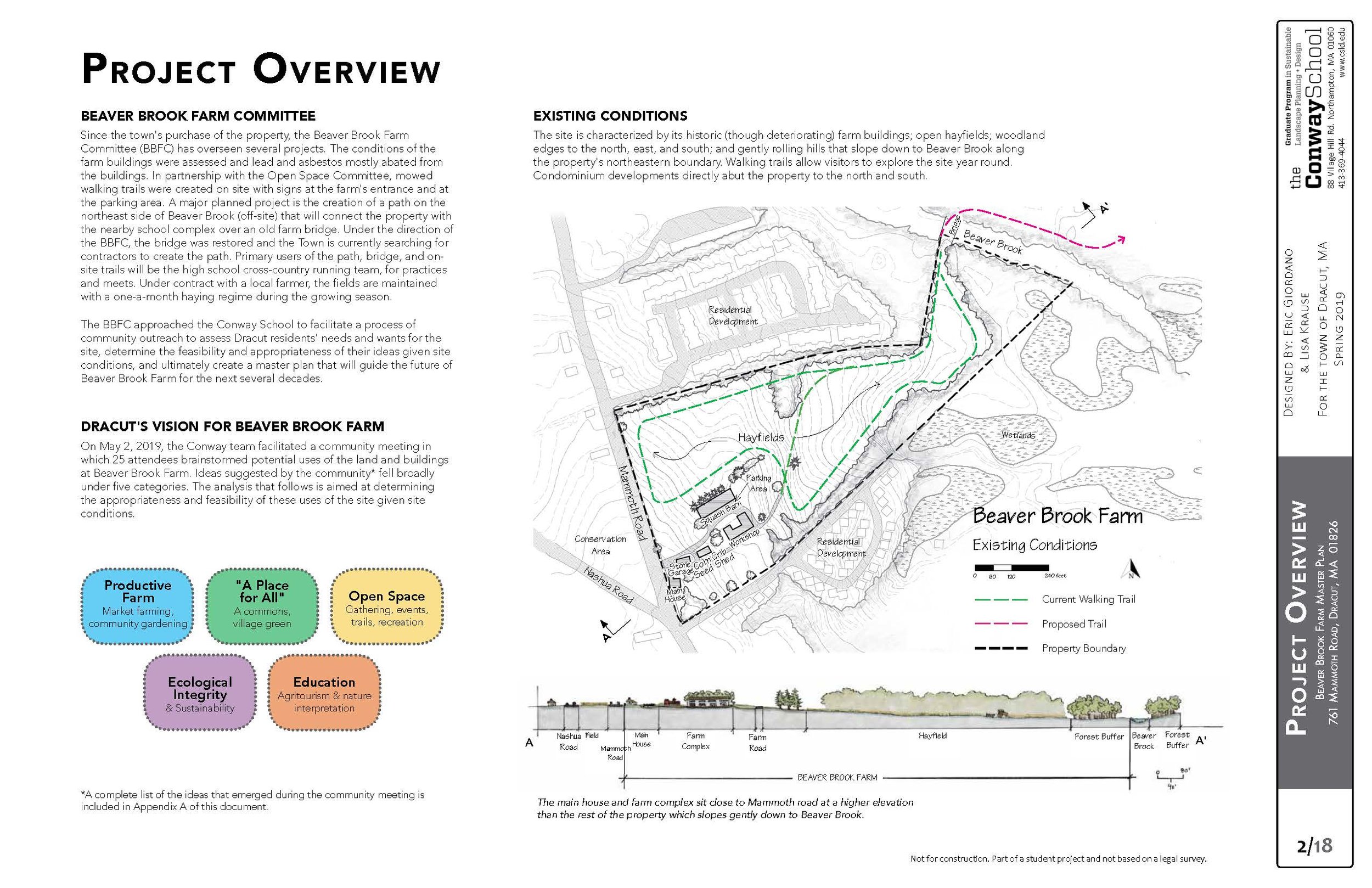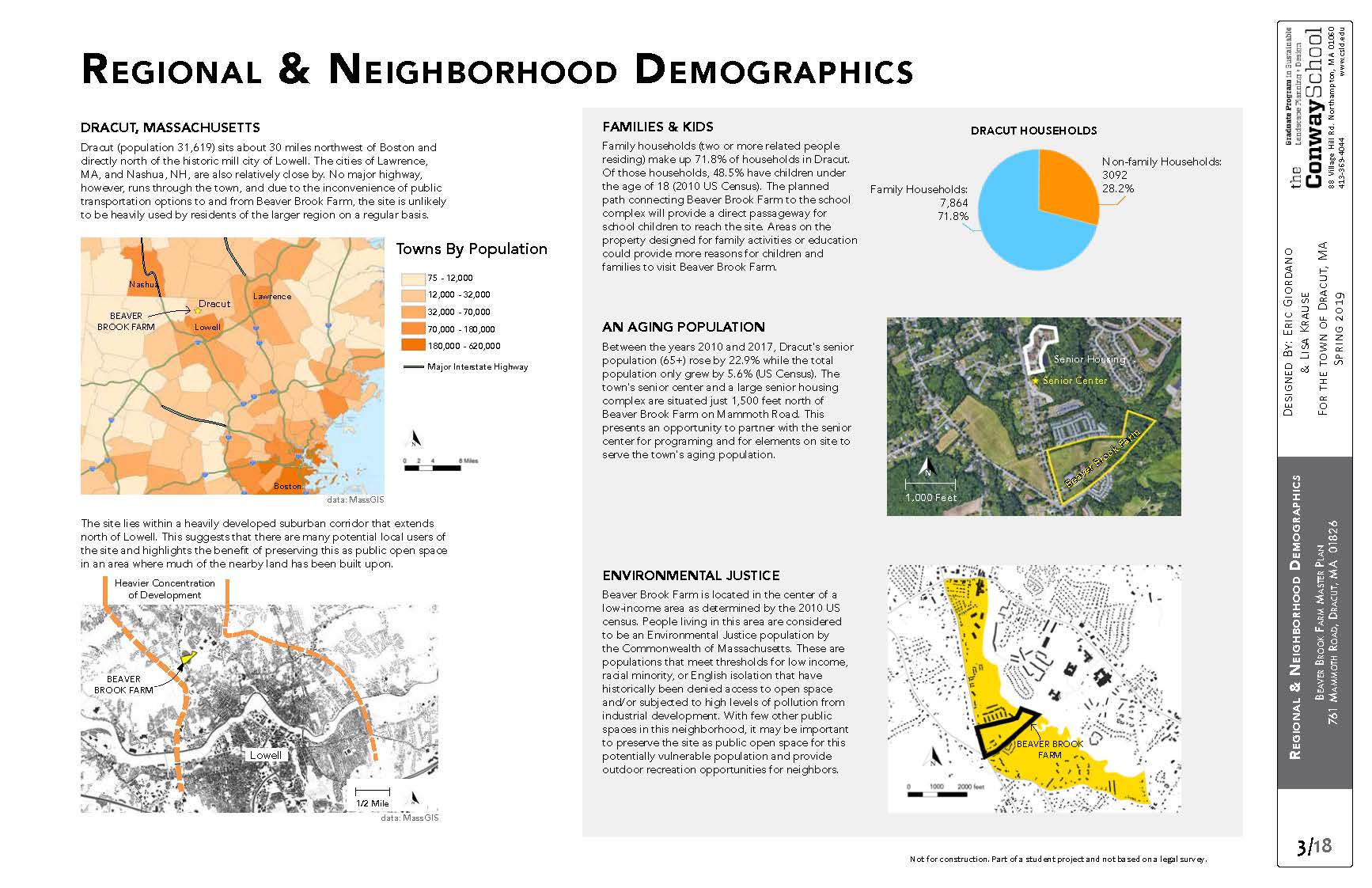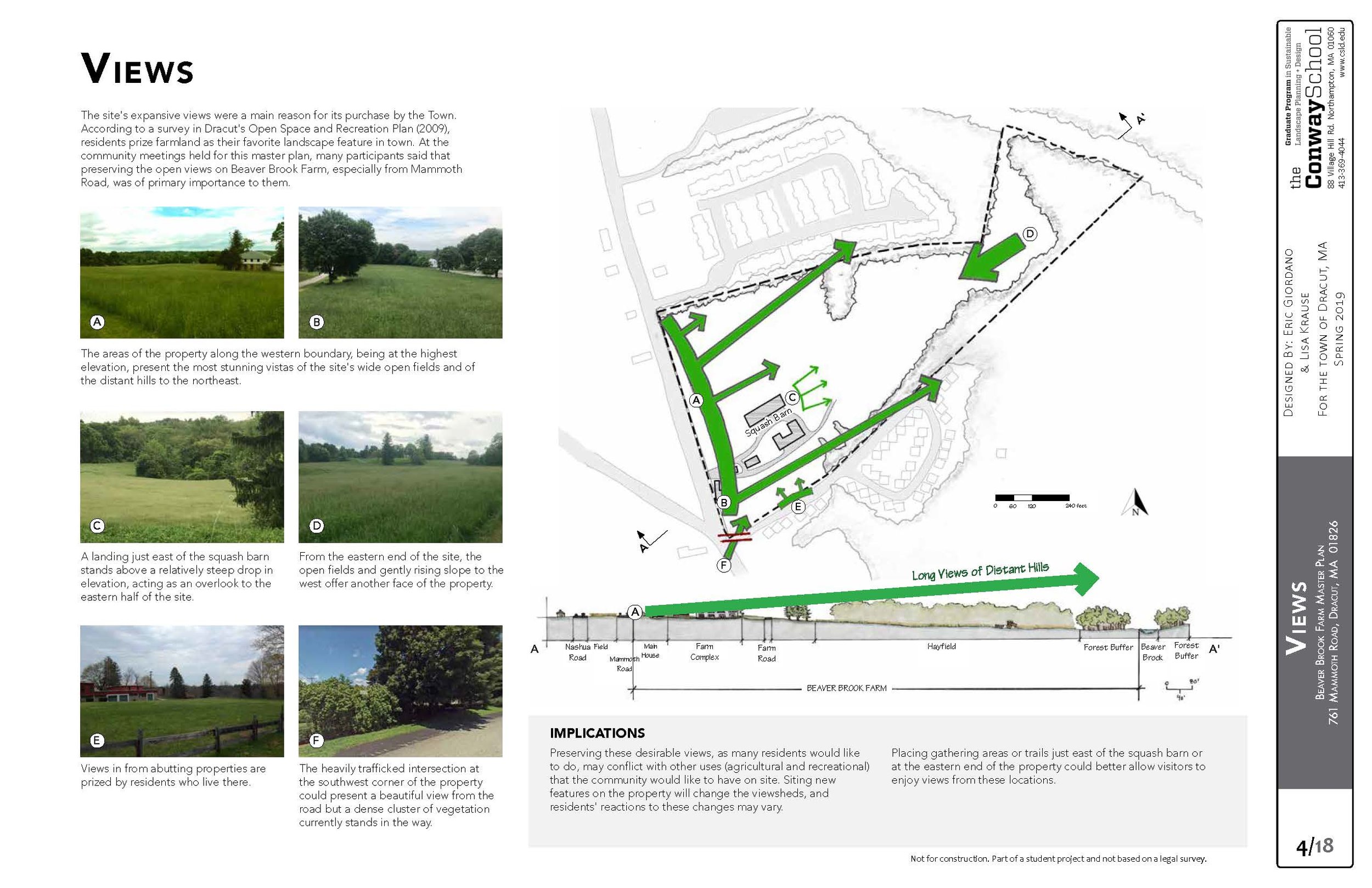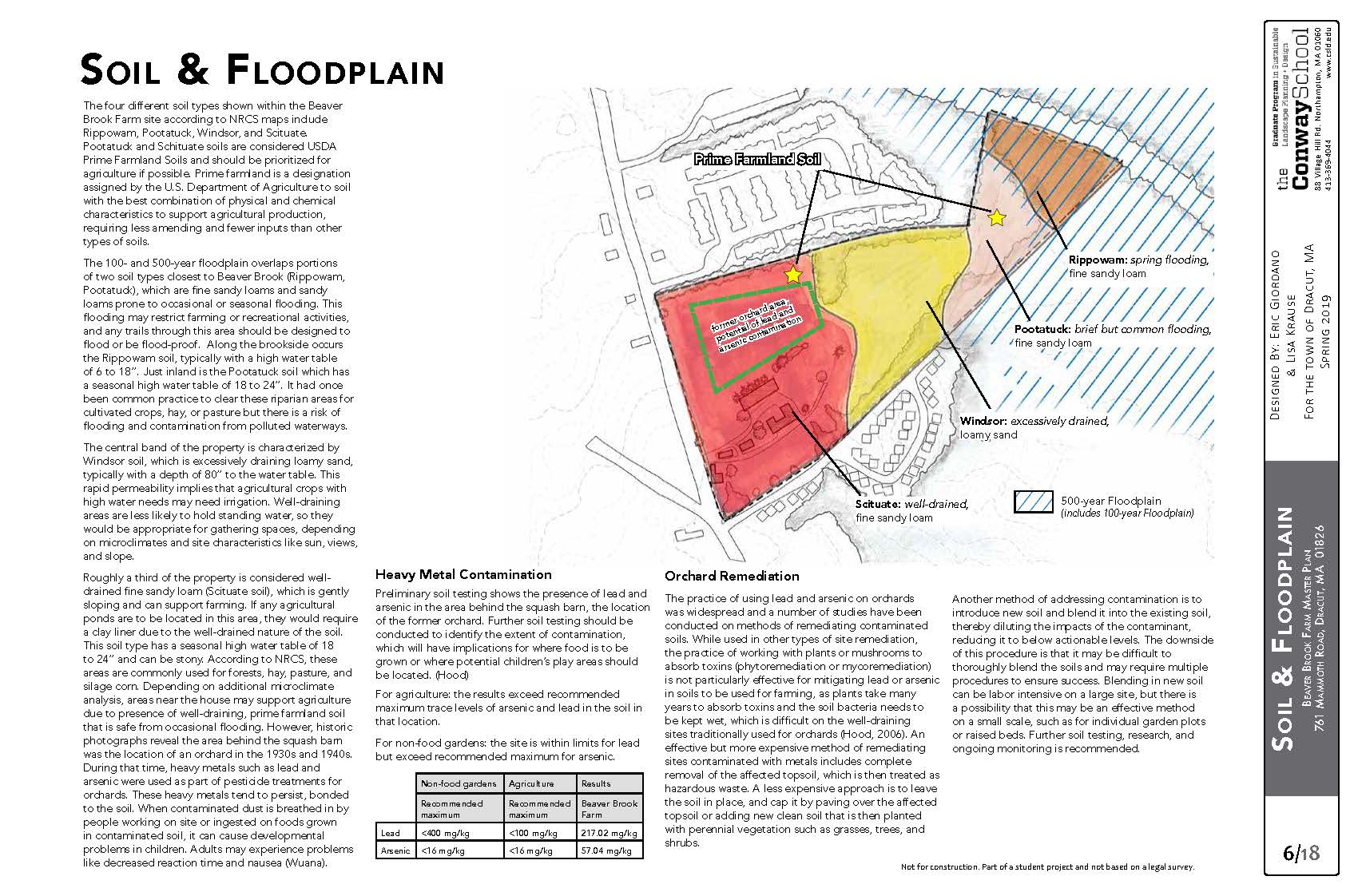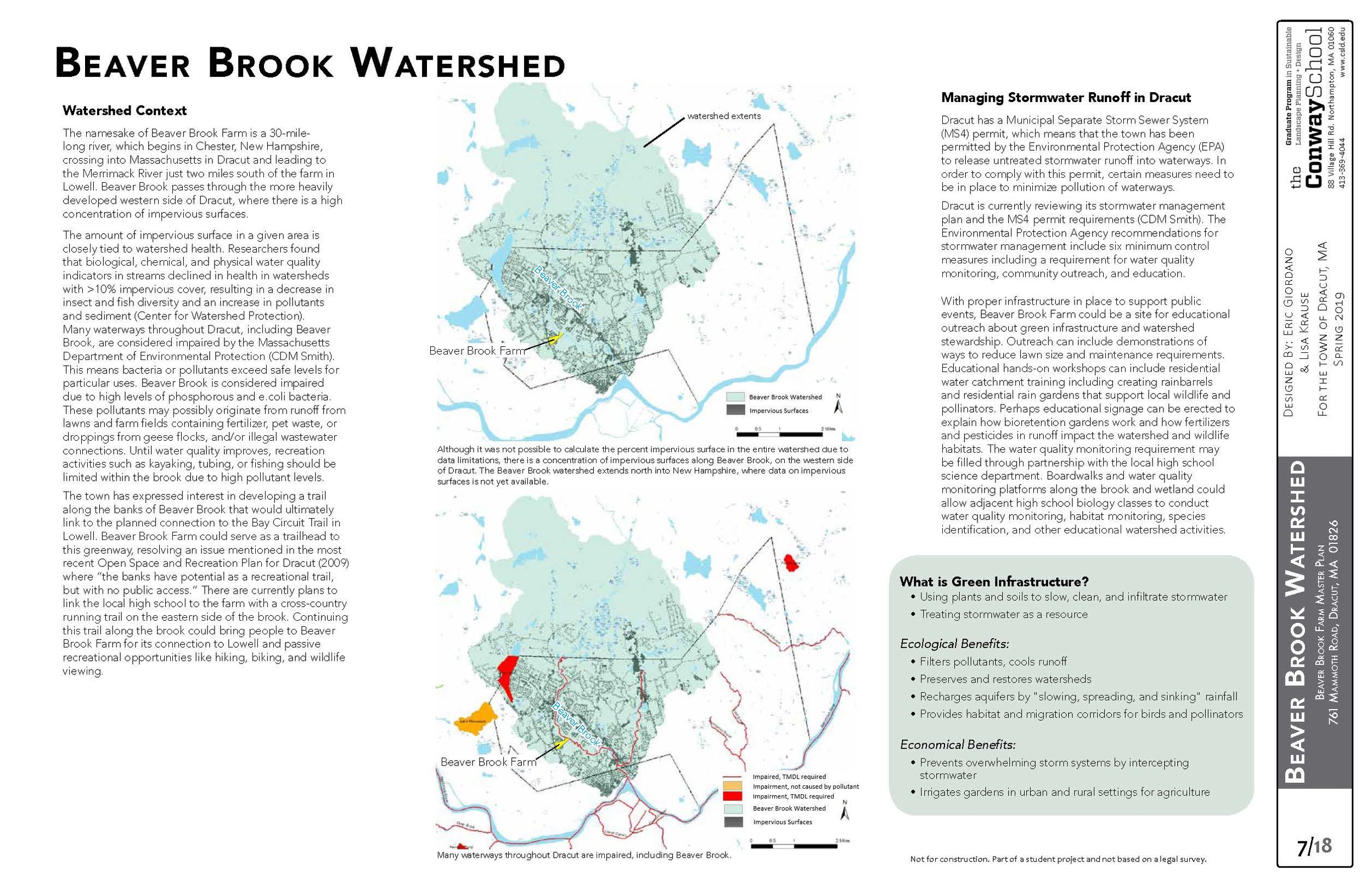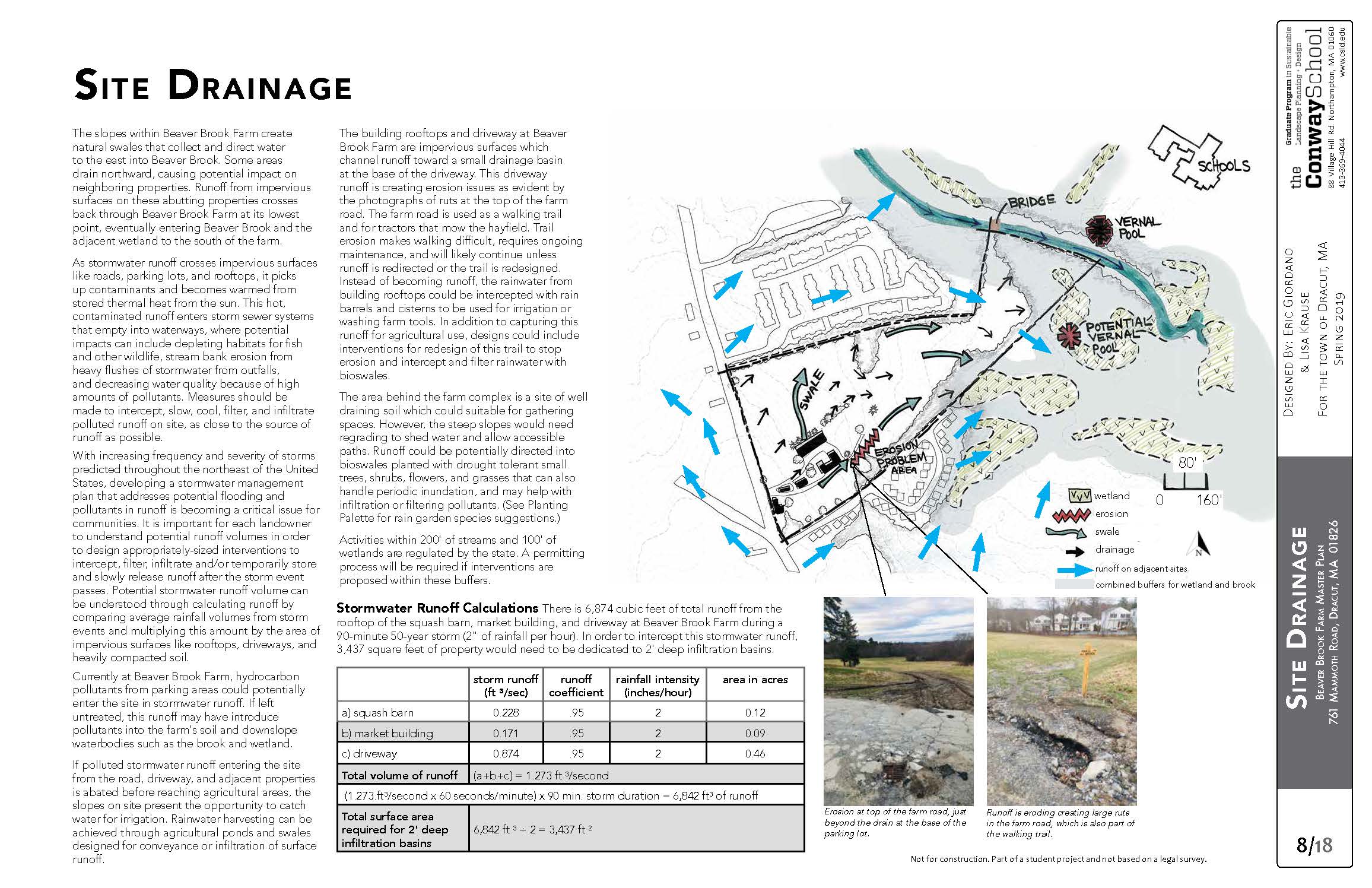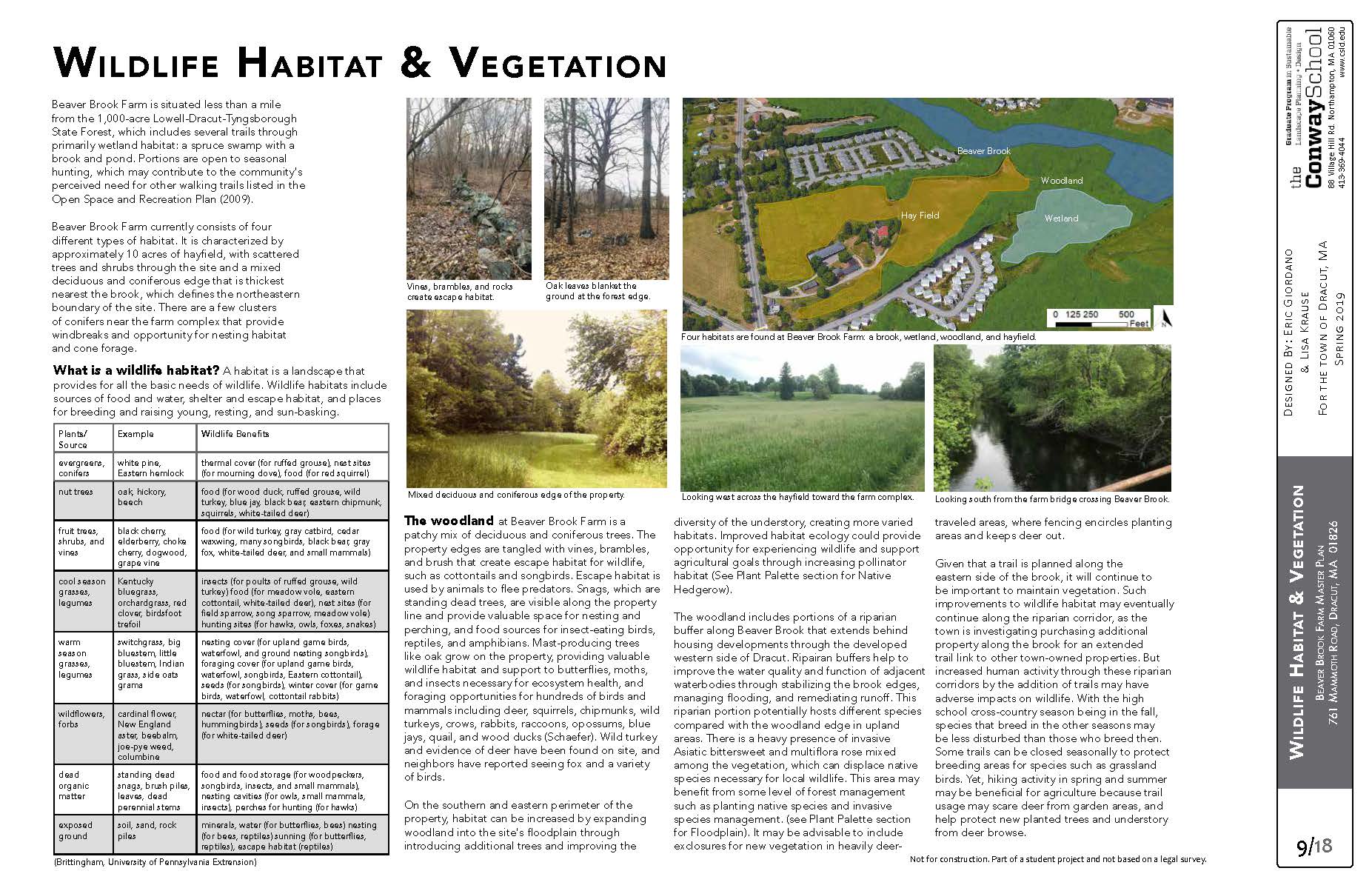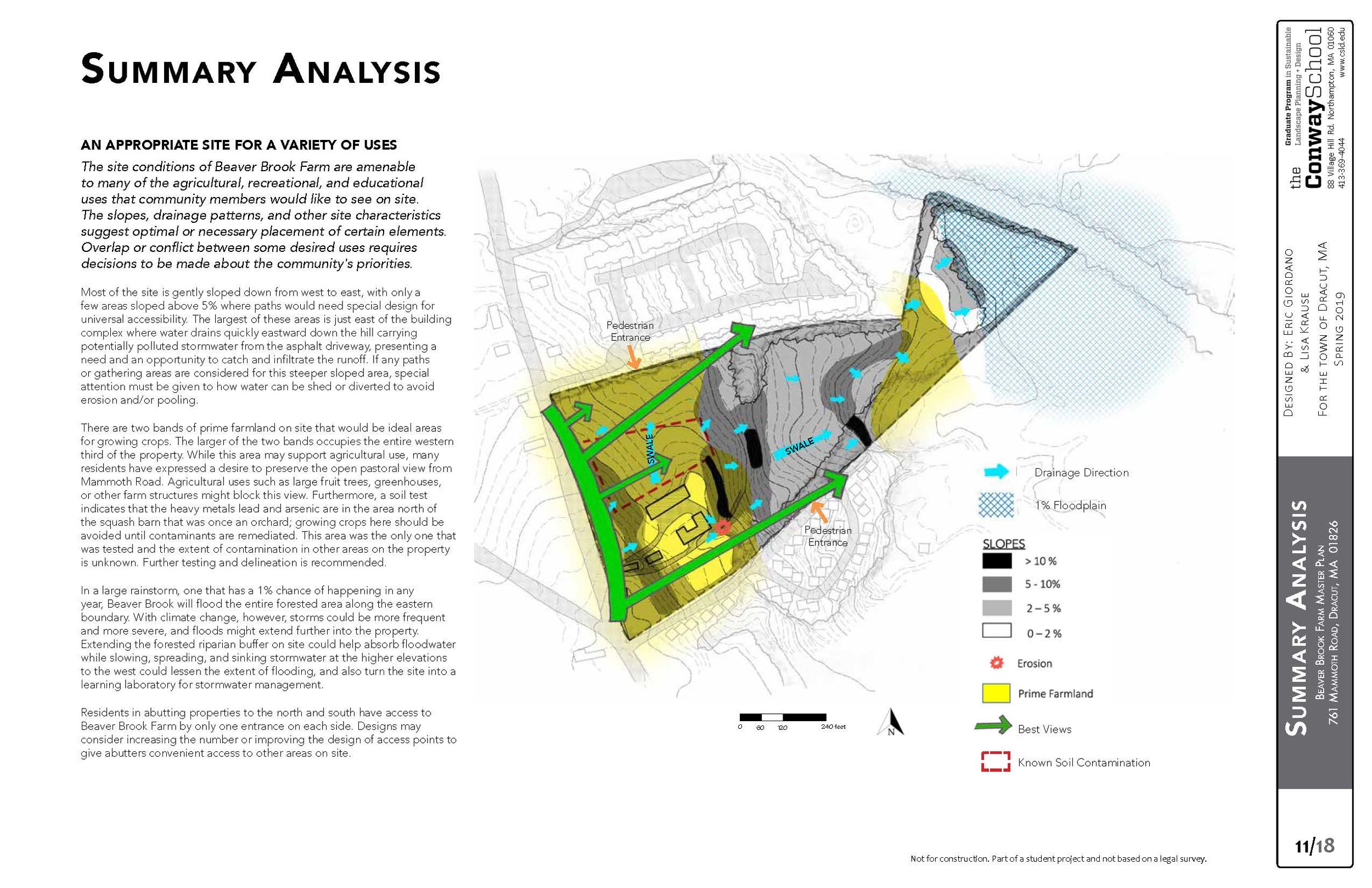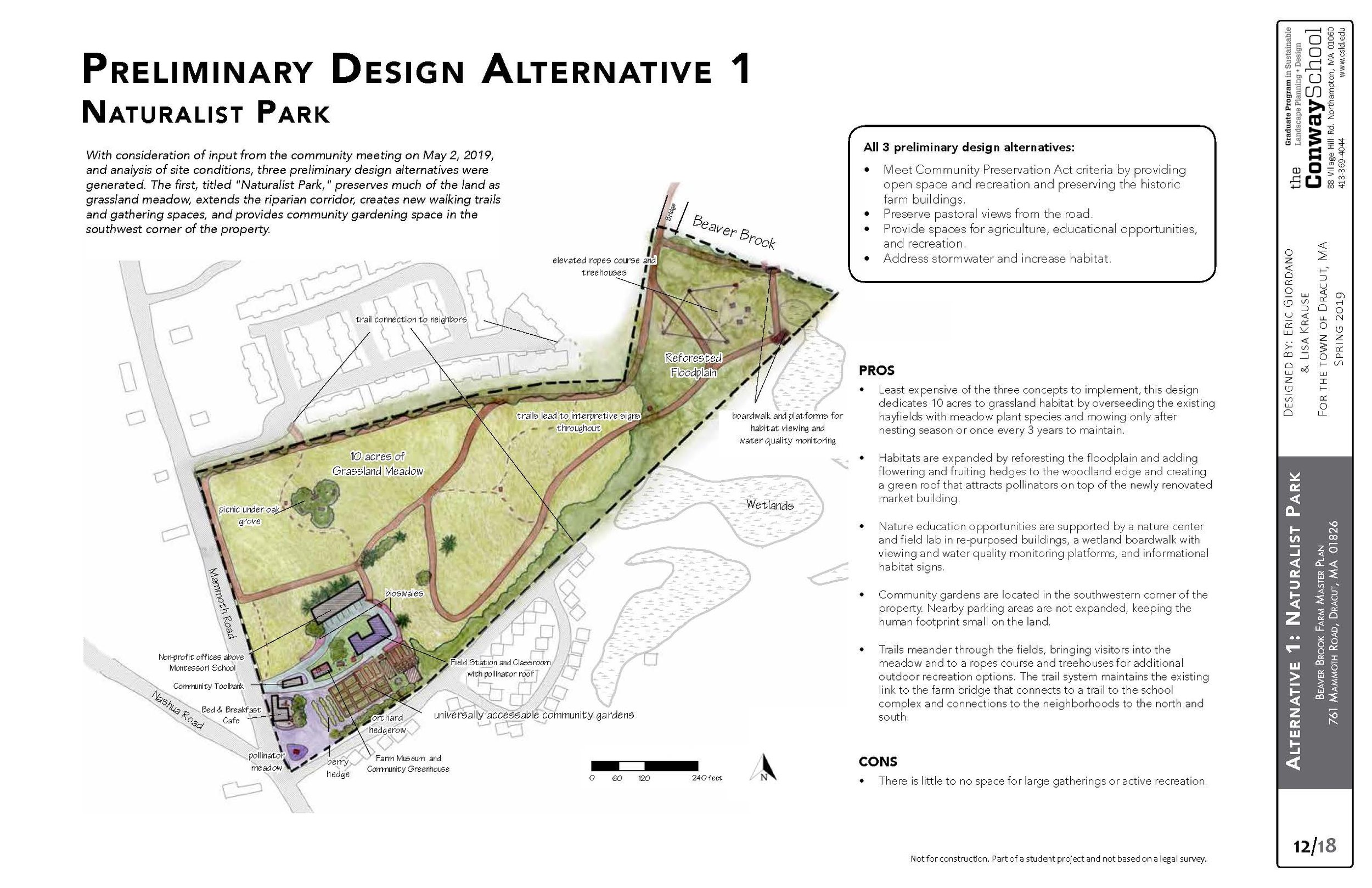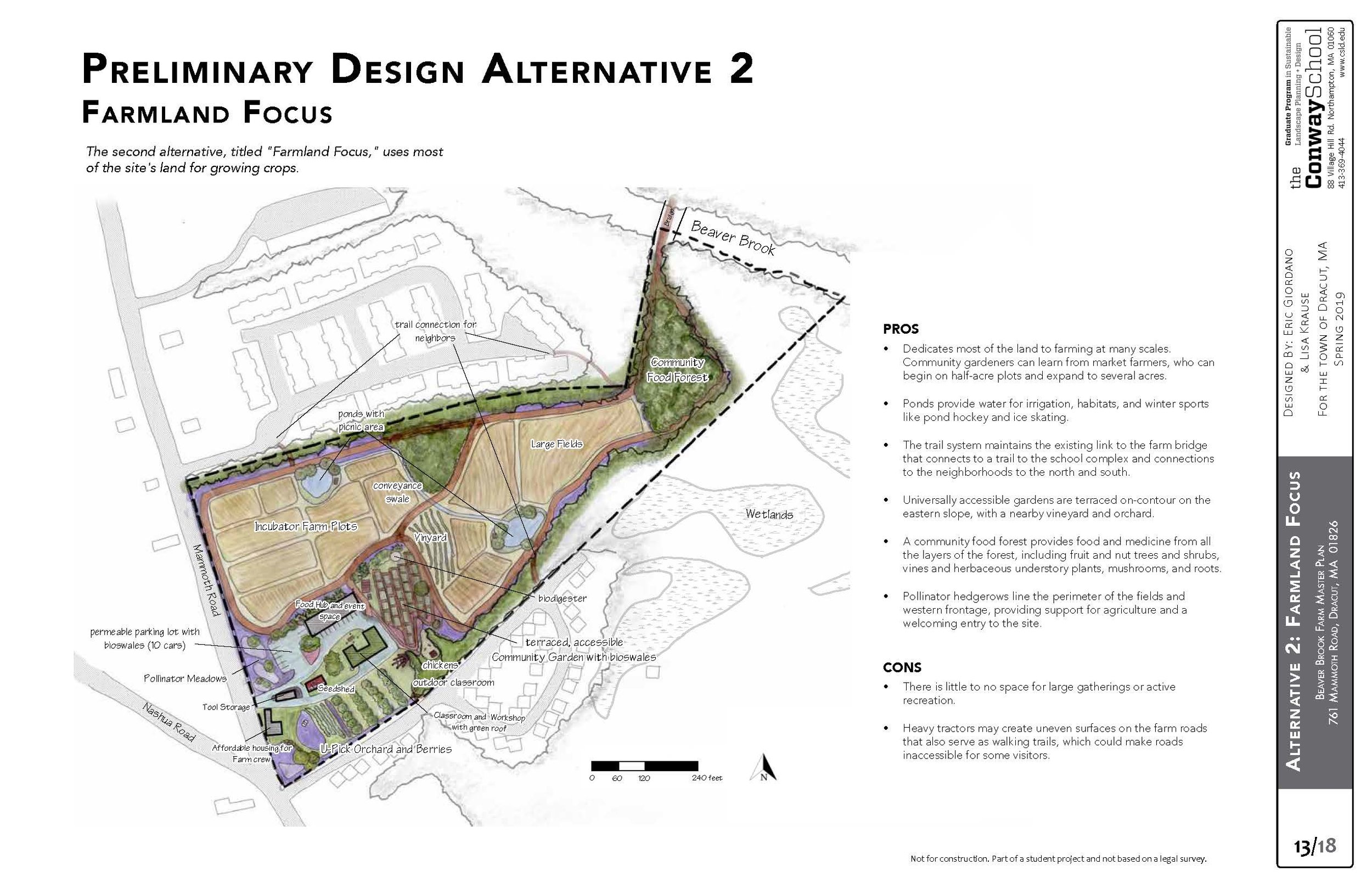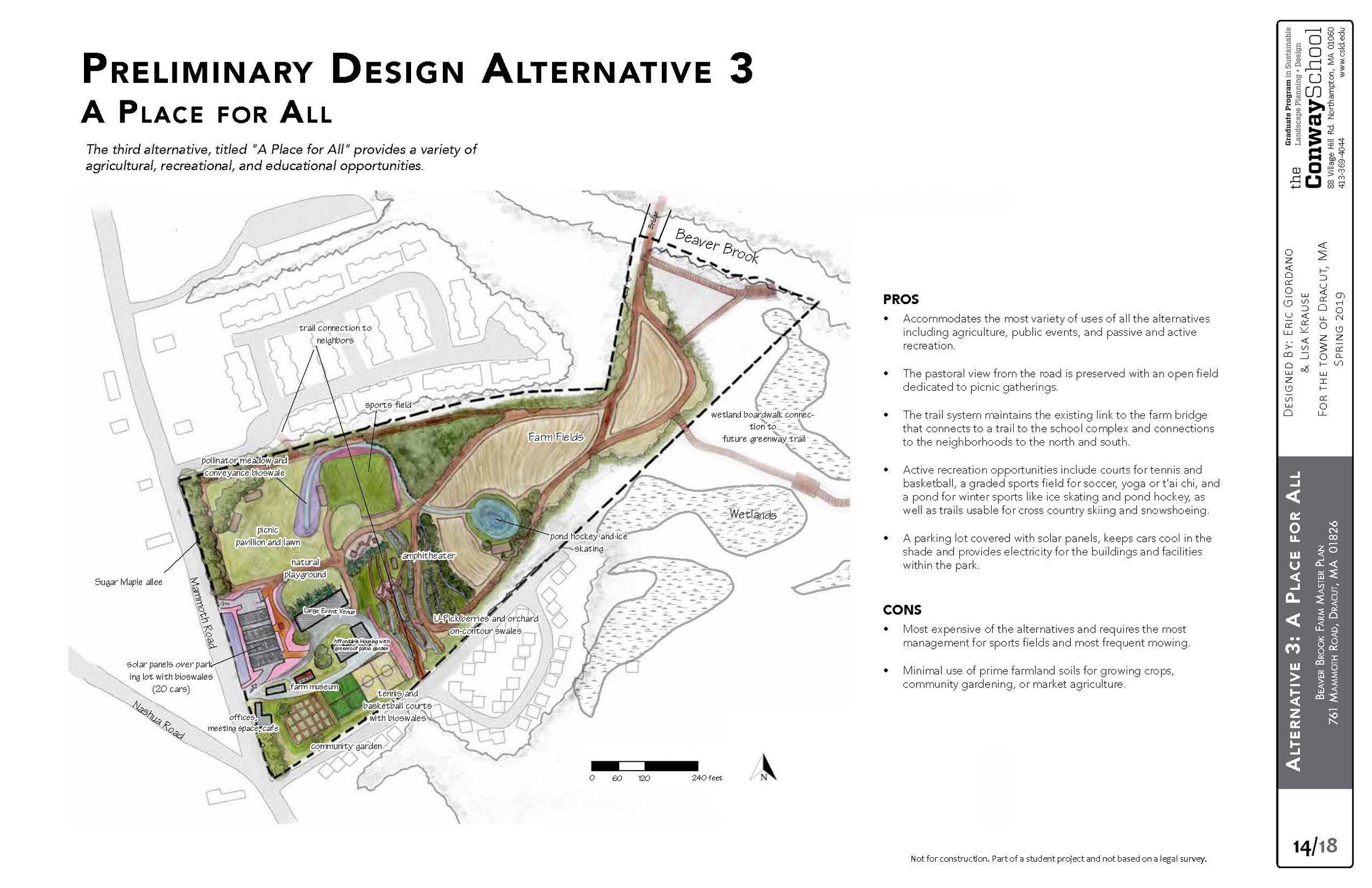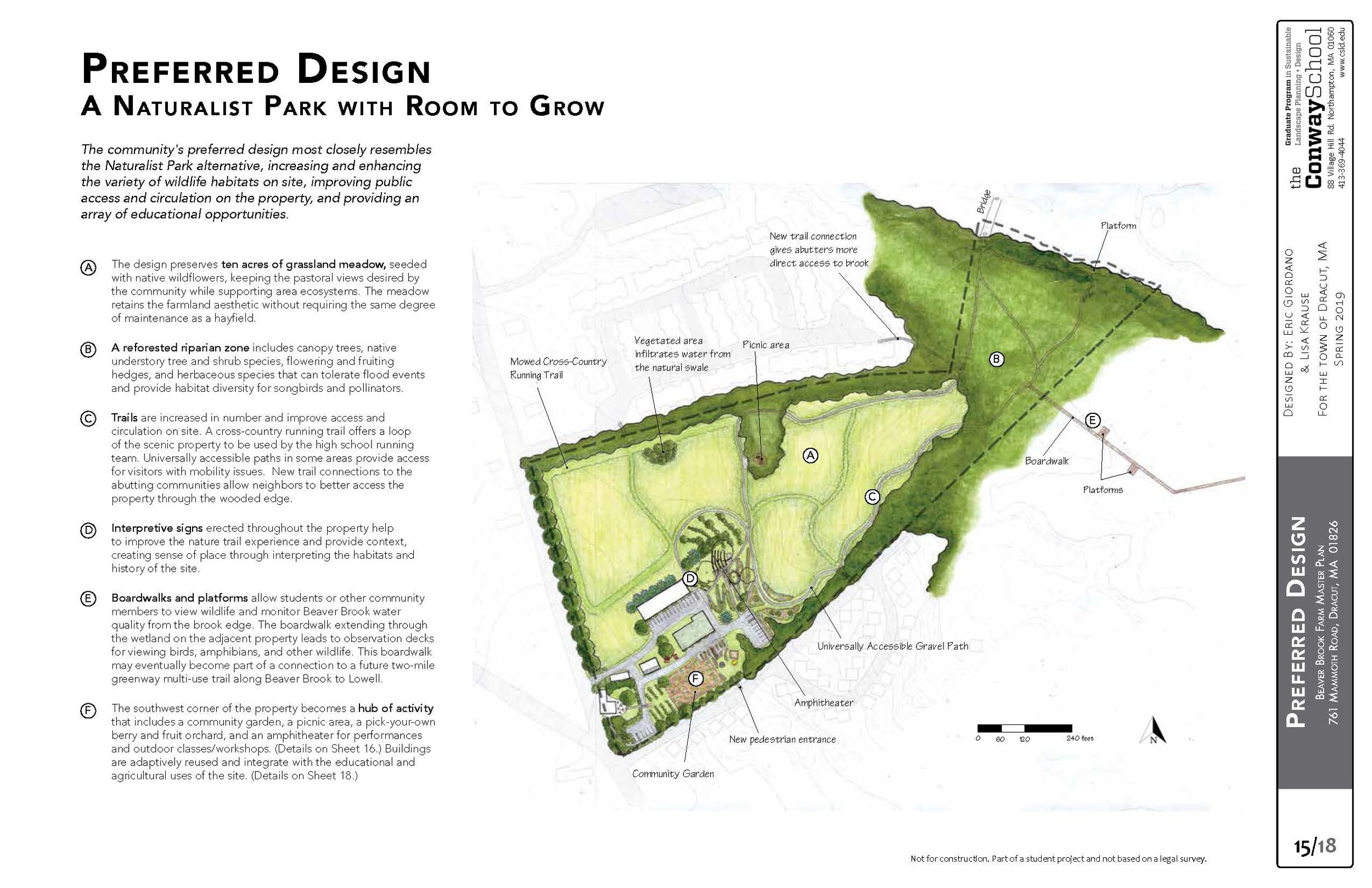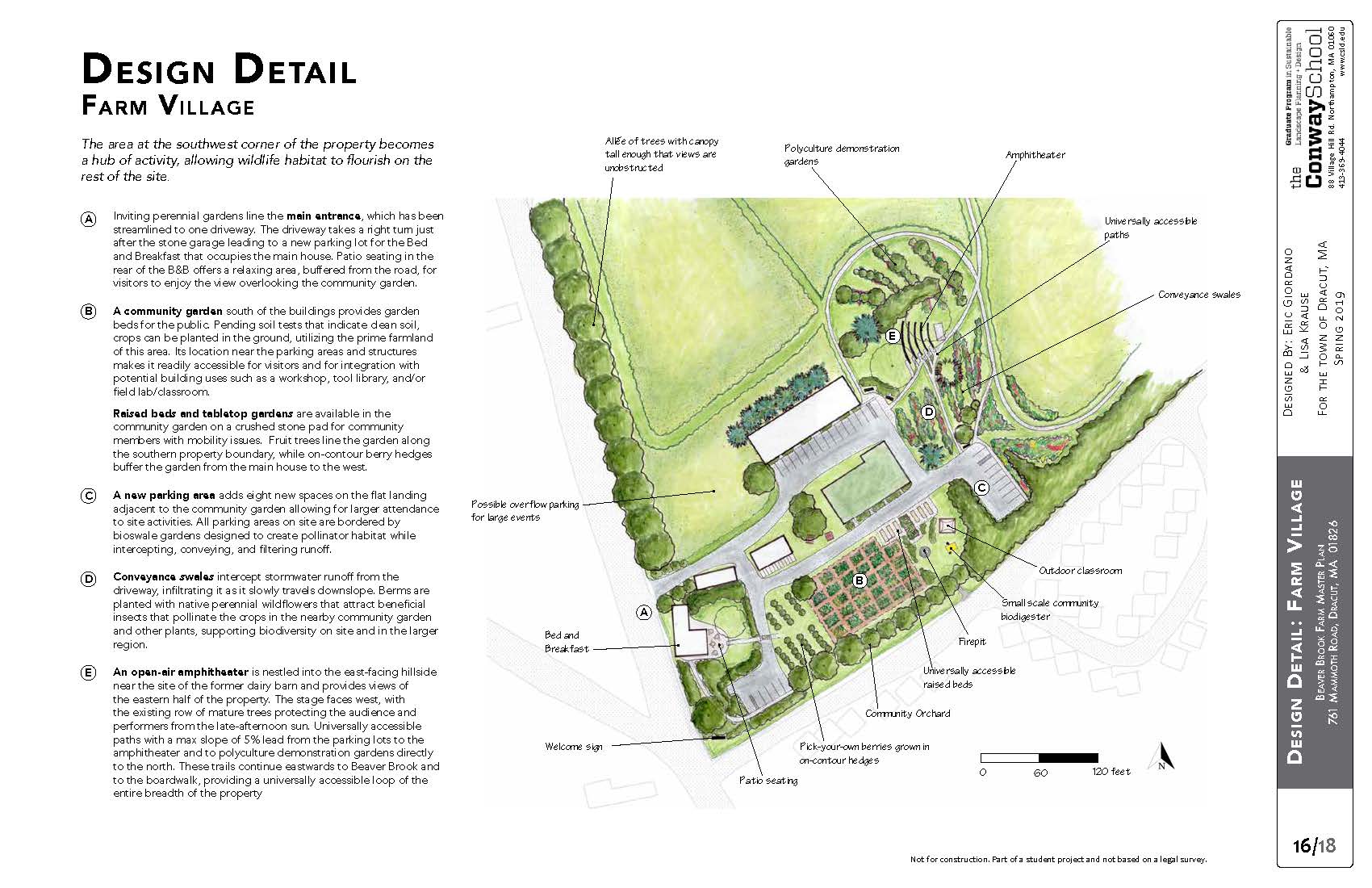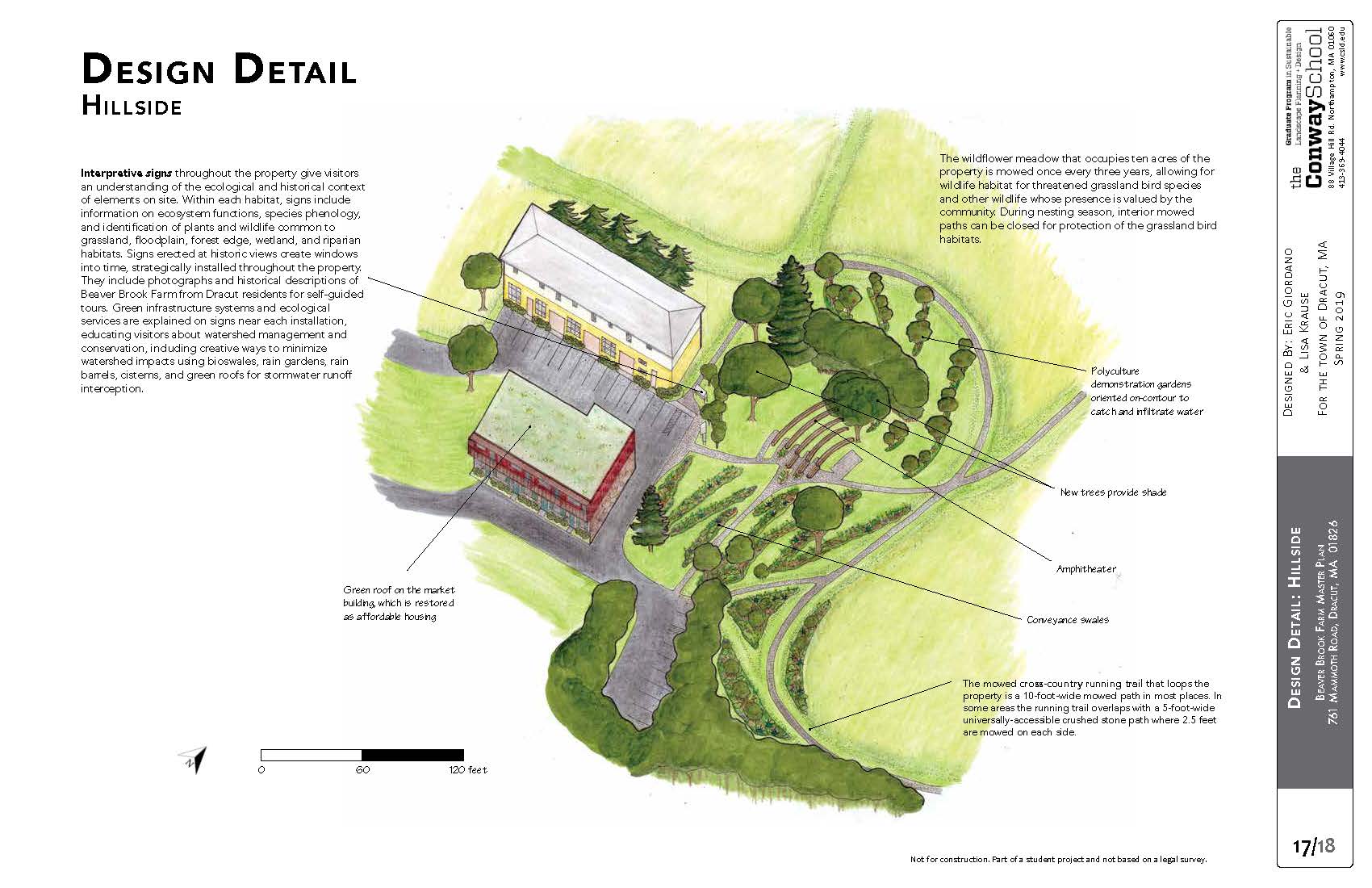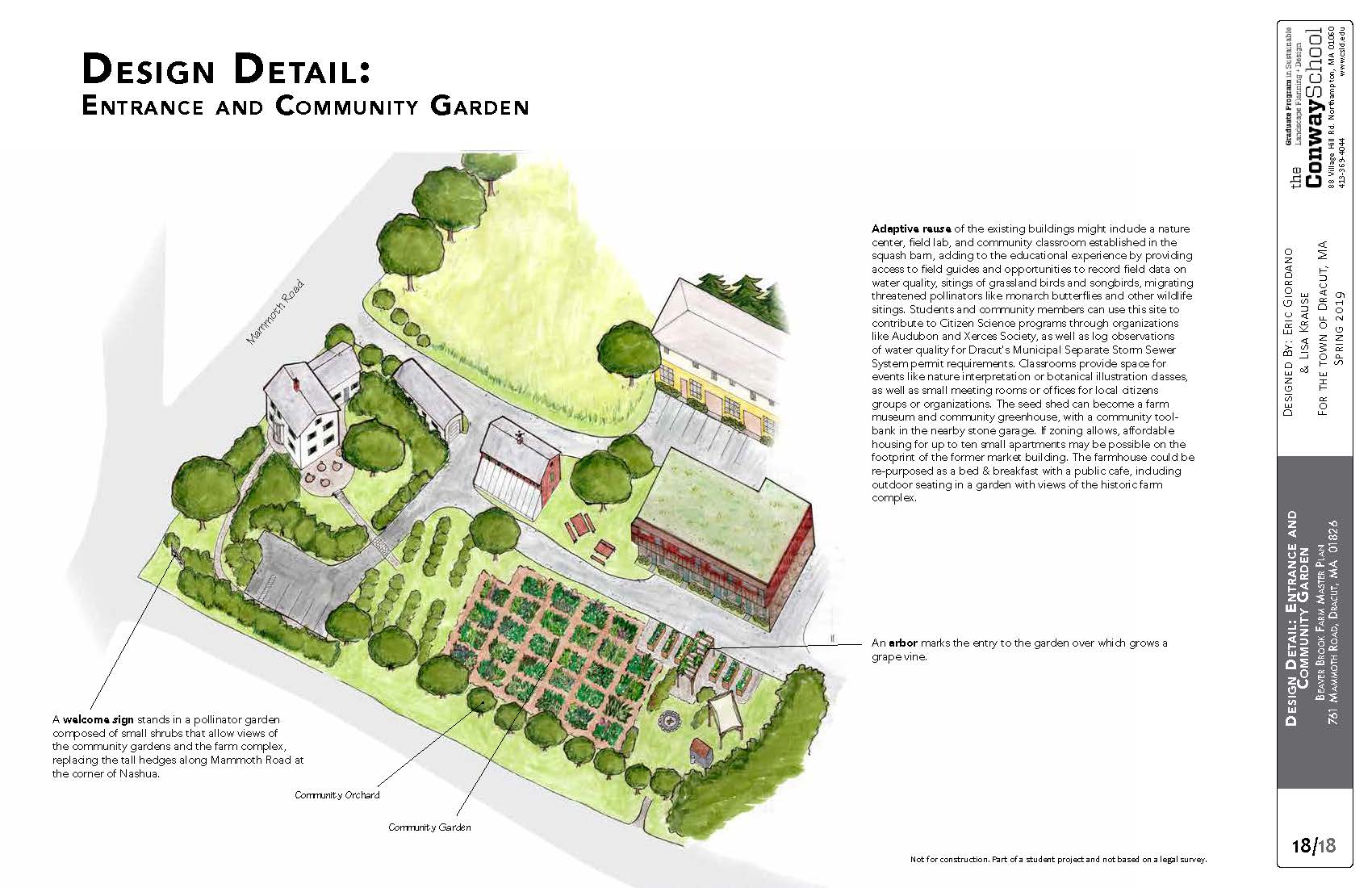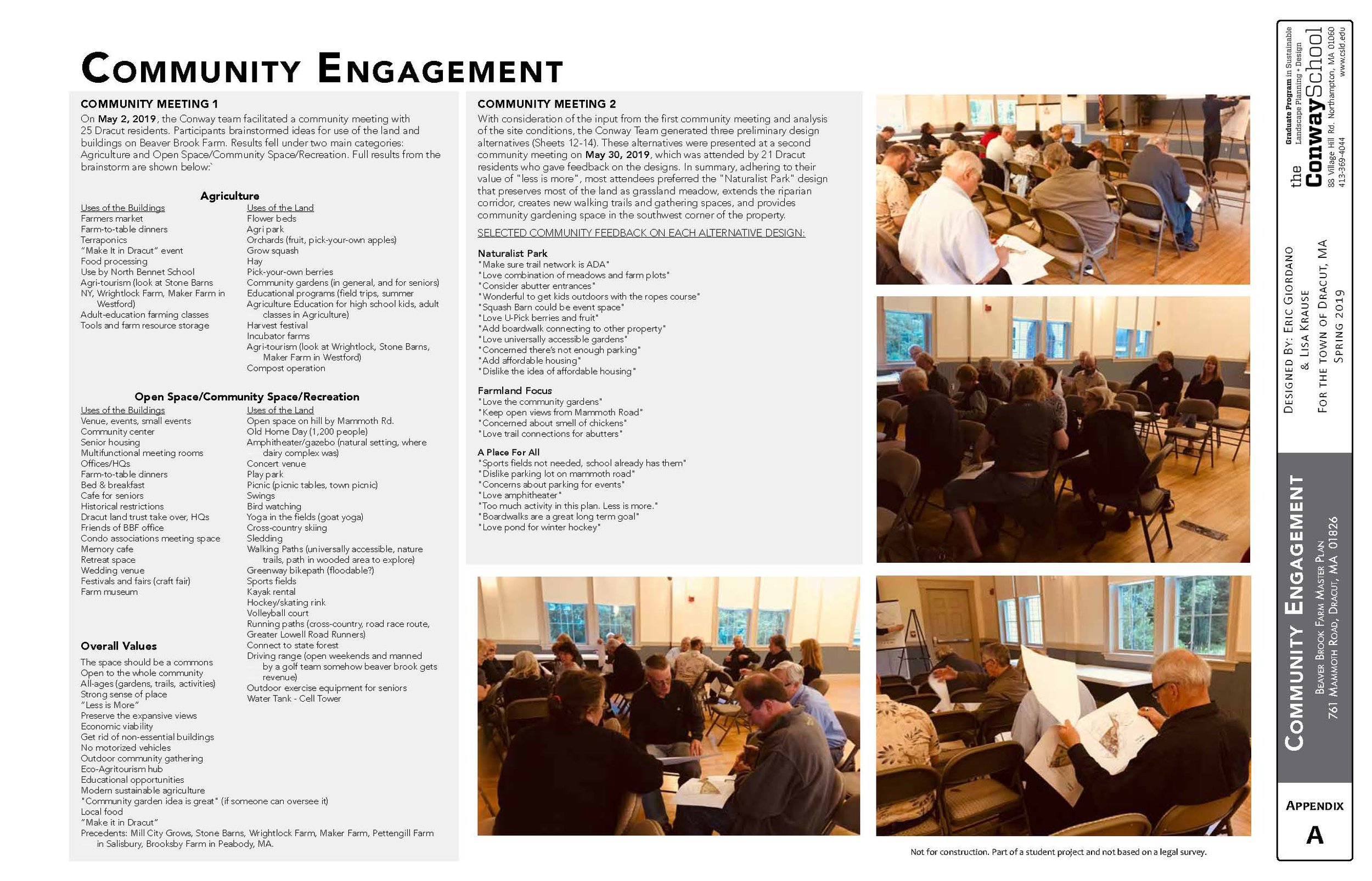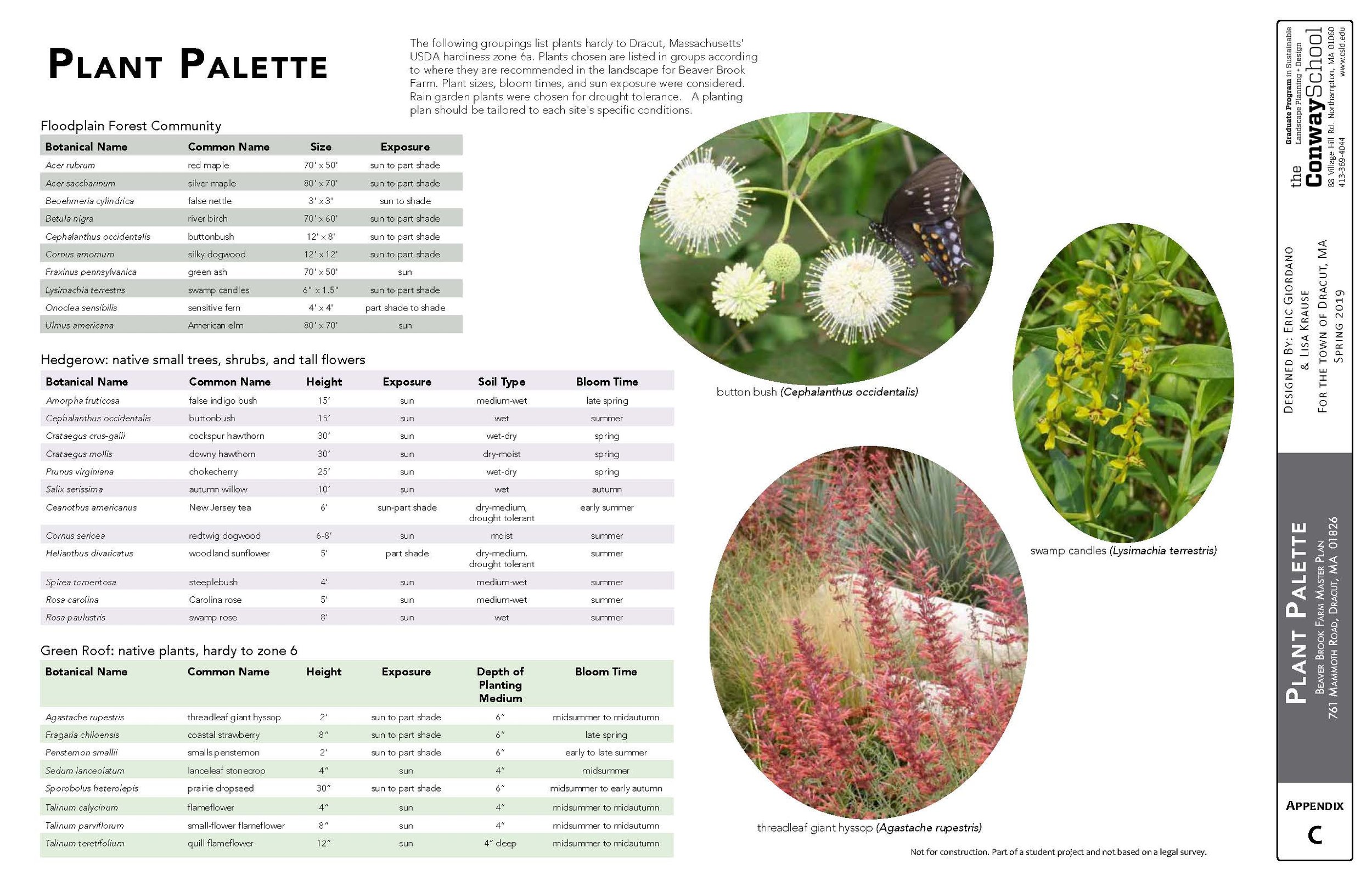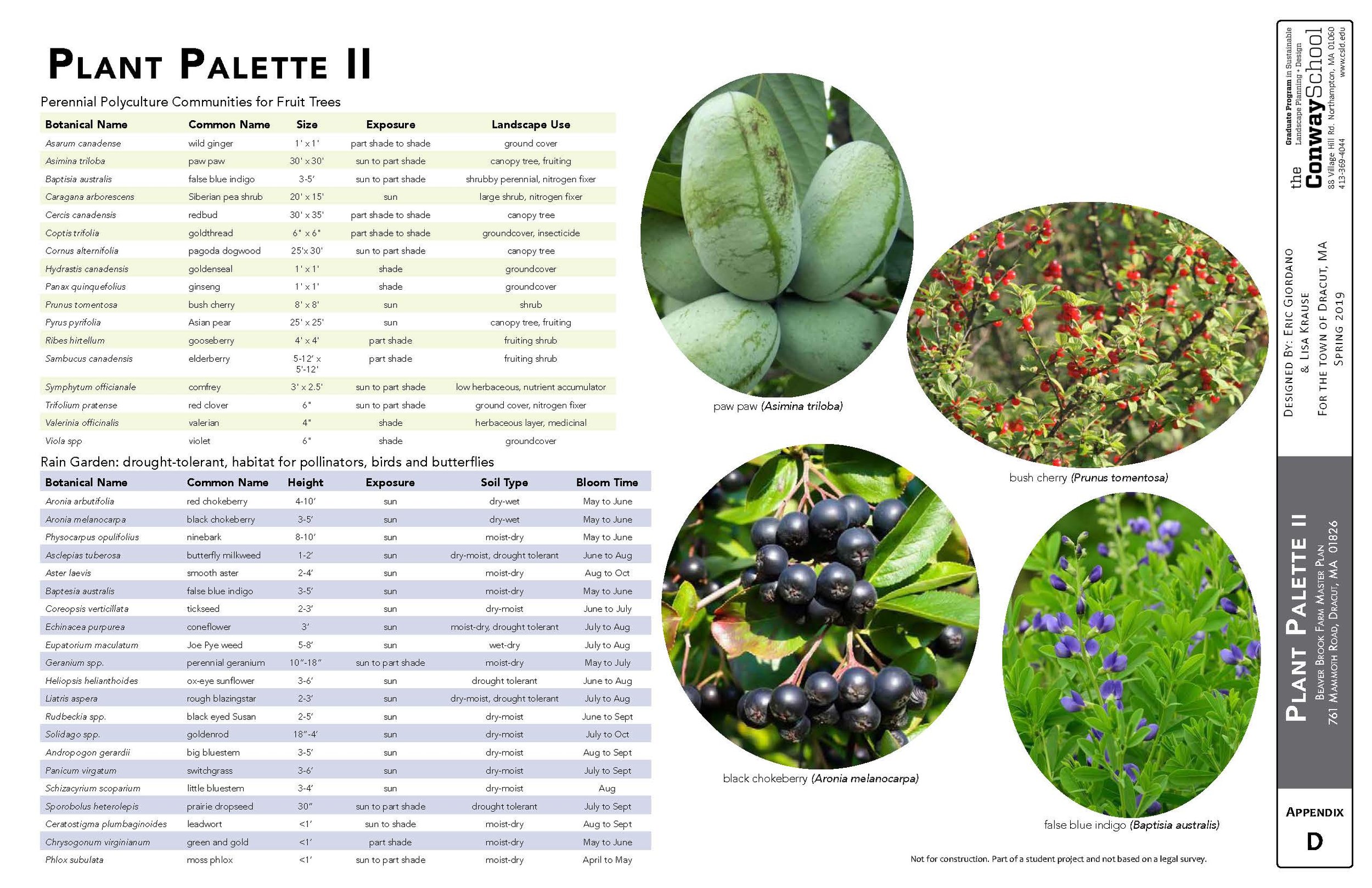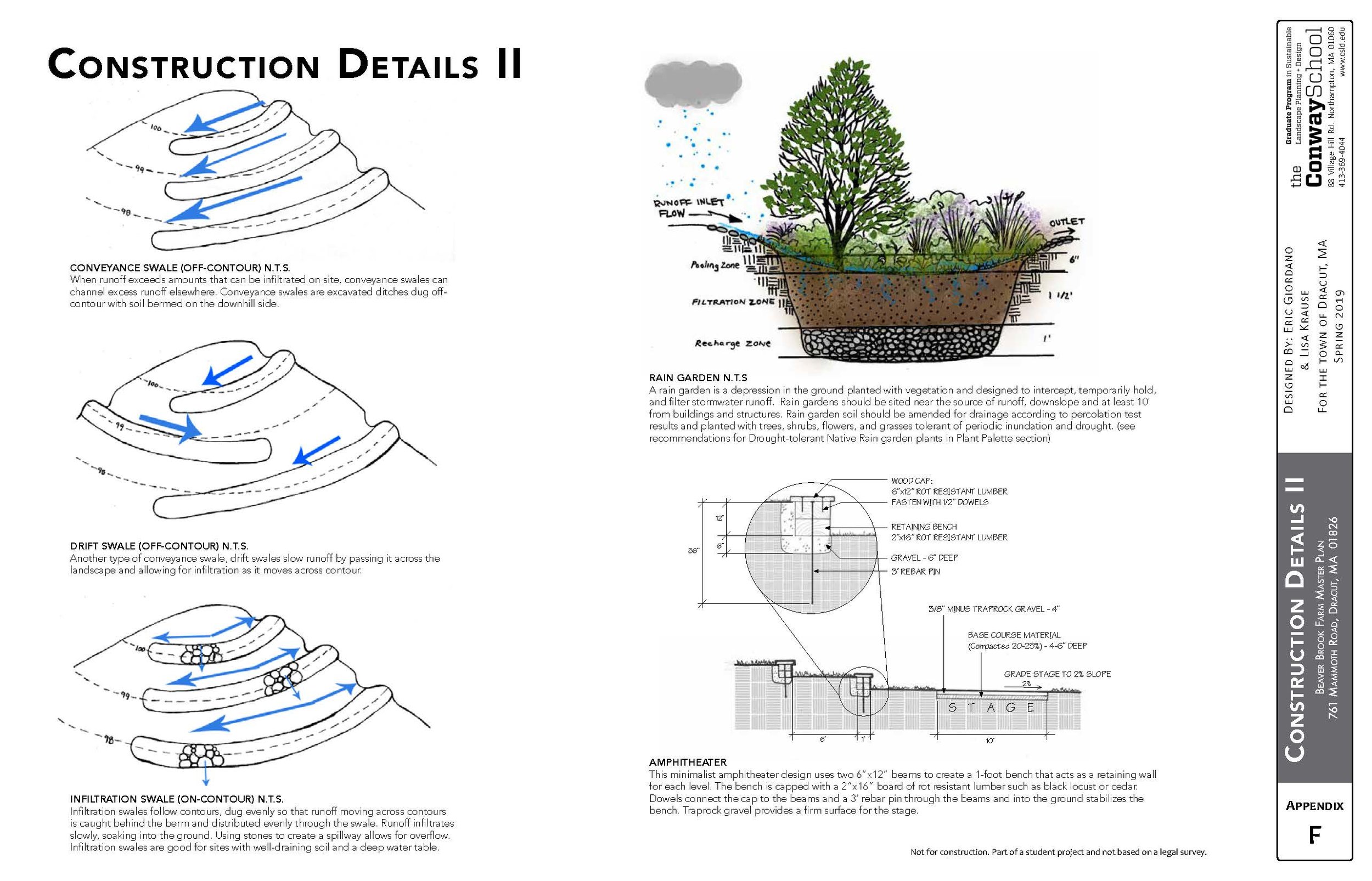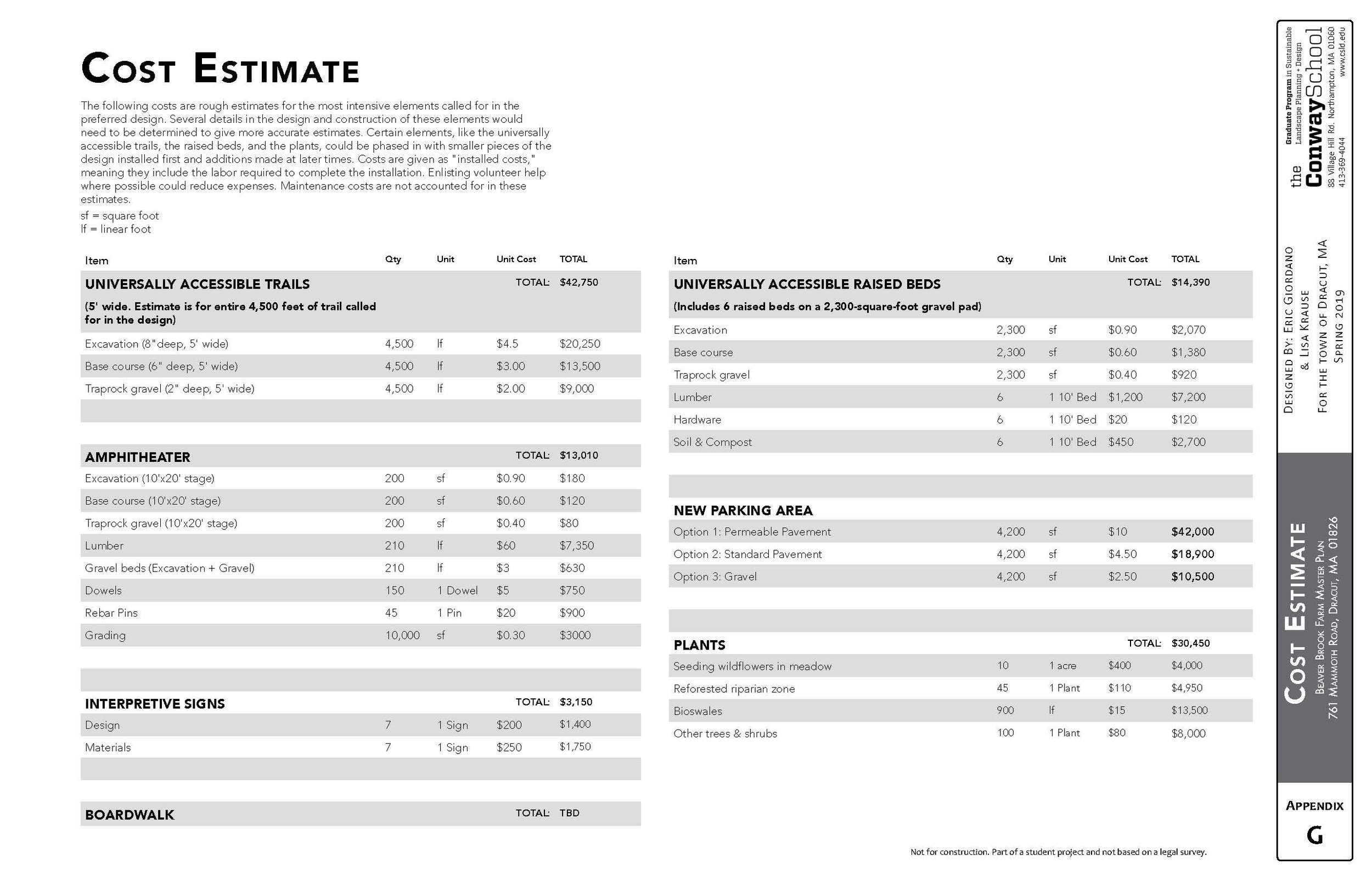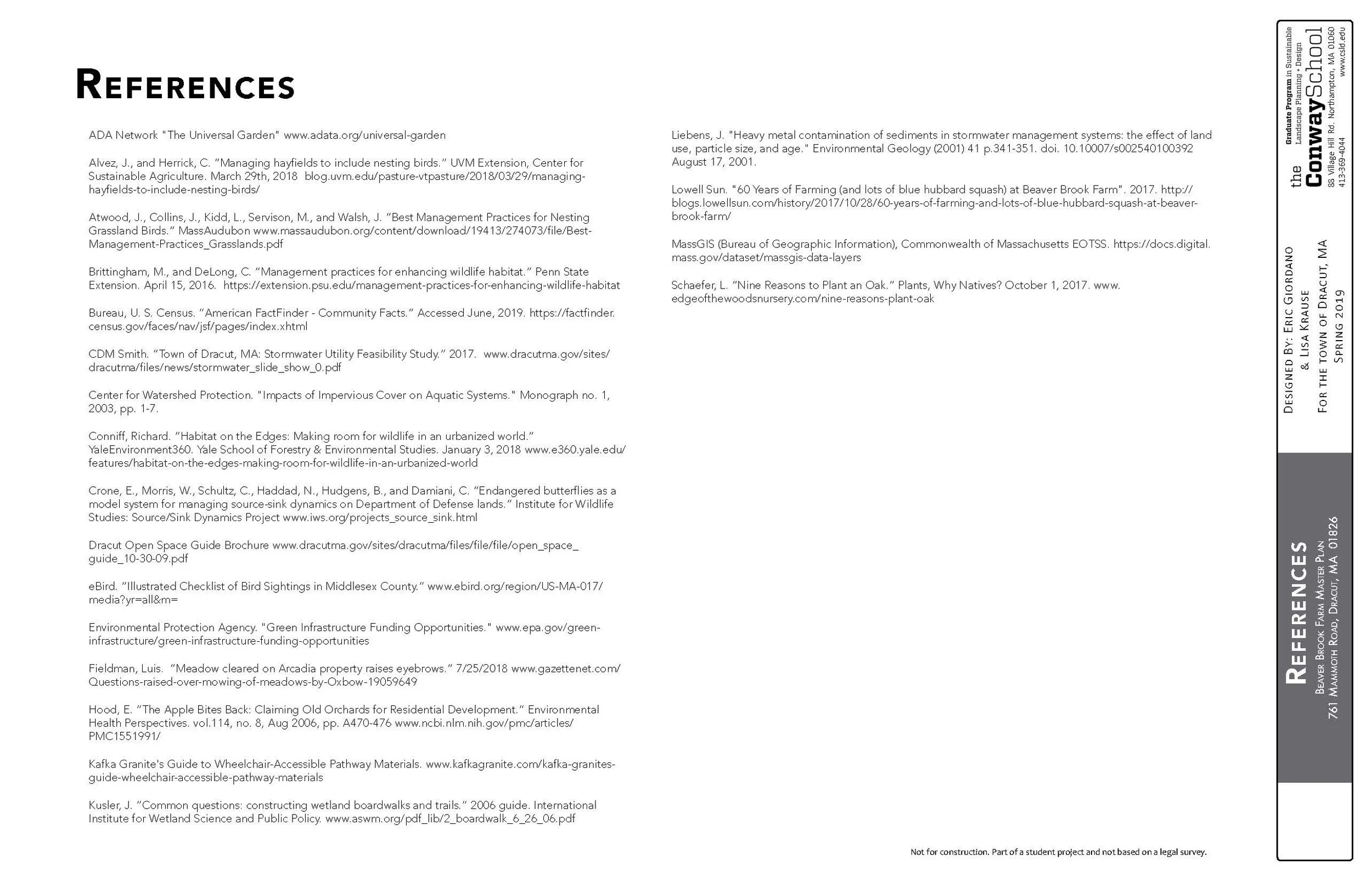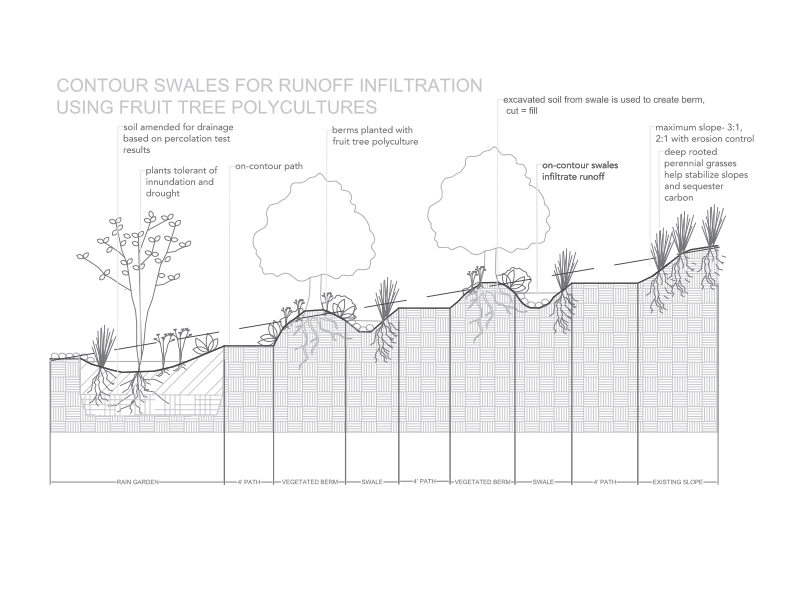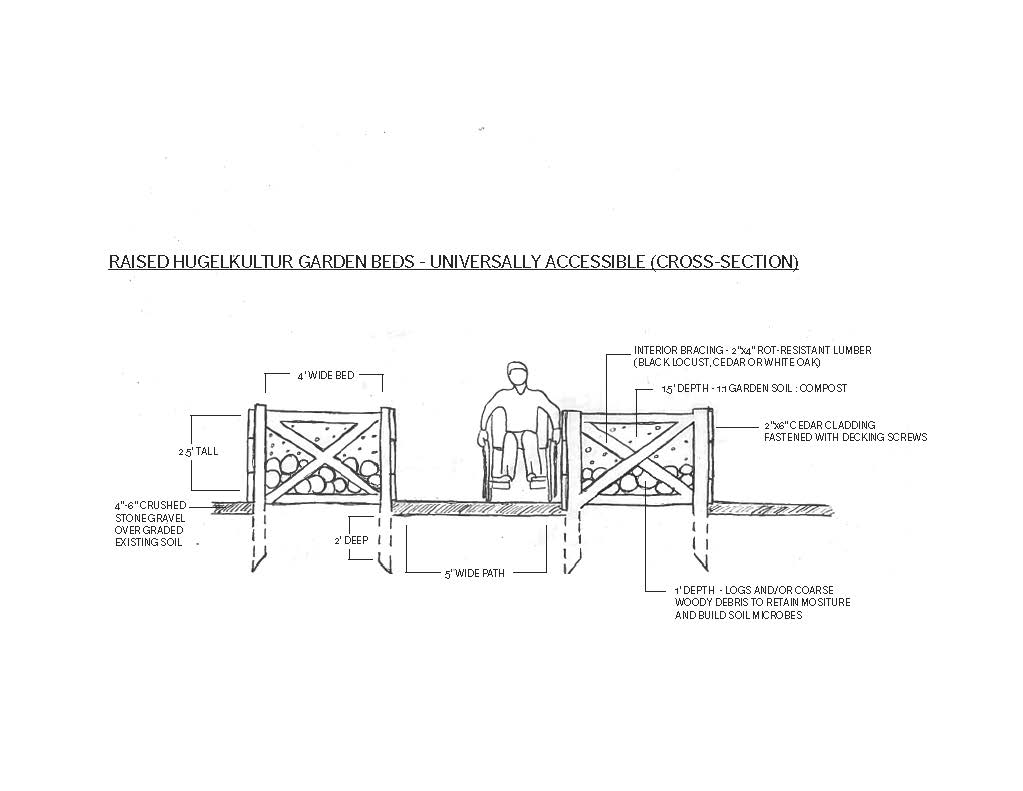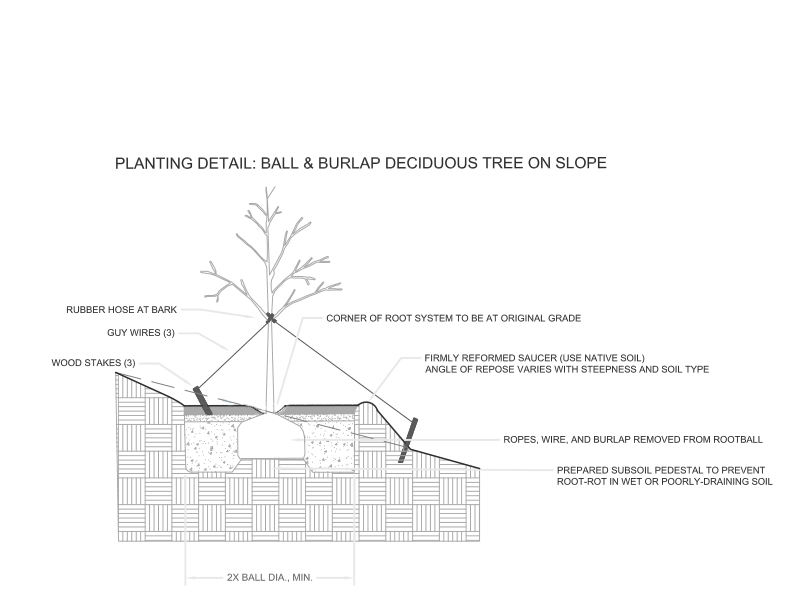Sustainable Farm Planning
Roots & Sky offers regenerative, restorative planning for evaluating and encouraging a farm’s sustainable potential. We start with site analysis and assessment services to help meet individual short and long-term goals for both educational farms and production-focused farms.
Services can include designing perennial agriculture systems, solutions for runoff and water harvesting, renewable energy production, animal systems, recommendations for siting greenhouses, outbuildings, a farm-store, solar panels, parking area, farm entry experiences for the public, and more.
Master Plan for Nutwood Farm
Cummington, MA
"Lisa approached our large and complex design project with huge enthusiasm and a keen desire to help us articulate and integrate our values and goals for the site. We gave her a long list of ideas and she returned with several comprehensive designs that incorporated all that we discussed and more. Even when we hit roadblocks she stayed positive and shifted her plans to take advantage of new opportunities we had not seen. The level of detail in her final design set has created a reference manual that we will refer to for many years to come as our agroforestry farm comes to fruition.”
-Seva & Kalyan, Nutwood Farm, Cummington MA
NUTWOOD FARM is a young 7-acre, diverse ecological agricultural operation in Cummington, Massachusetts, with the goal of cultivating a wide variety of edible perennial nuts, fruits and grains for the region. The farm is designed to be as productive as possible while also attending to continuous soil building, nutrient cycling, and wise resource management through crop diversity, effecient processing, zero-waste, and local distribution.
Nutwood Farm intends to become Massachusetts' first small-scale nut farm, offering English walnut, Chinese and American hybrid chestnut, Korean stone pine, Michigan pecan, Siberian pea shrub, hazelnut, butternut and heartnut. These trees are integrated into a series of diverse hedgerows. As the canopy matures it will be interspersed with small-scale annual grains, vegetables, mushrooms, and livestock. Owners Seva Tower and Kalyan Uprichard hope the farm will become part of the forefront of young innovative farms shaping the future of small-scaled, community based, ecologically sound, regenerative food systems.
In Fall of 2018, Lisa Krause (Roots & Sky) worked with Nutwood Farm to create a master plan that incorporates the farmer’s permaculture values, regenerative management strategies, and sustainable production goals that will be slowly implemented over the next 5-20 years.
Master Plan for Beaver Brook Farm
Dracut, MA
In spring of 2019, I worked as a 2 person team on a Master Plan for Beaver Brook Farm, a 24-acre town-owned farm in Dracut, Massachusetts, analyses of which led to a design expanding wildlife habitats, creating universally-accessible trails, and introducing community gardens, and perennial agriculture systems.
In the early 1900s, Beaver Brook Farm was one of the most robust in the area, producing large amounts of blue hubbard squash for the Boston restaurant market among many other crops. The Richardson family had been very active in the community, successful farmers and leaders of the local grange, while employing young high school students to help in the fields in the summers. Many people in town still remember the height of those days and wanted to see the farm saved from development, the historic buildings restored, and the land potentially put back into production in honor of its agricultural heritage. This passion led to the town purchasing the farm in 2014 and many years of hard work by the volunteer committee to formulate a vision. In 2019, I had the honor of working with the community in understanding their hopes and needs for the space and conducting site analysis and assessment in order to make the best recommendations for what the land could support in meeting the community’s goals.
The final design proposed includes recommendations for supporting habitat for grassland birds, songbirds and pollinators, a universally accessible trail system, an outdoor amphitheater, community gardens with areas of perennial food production, suggestions for adaptive reuse of buildings on site, and recommendations for community outreach opportunities on site that support Municipal Separate Storm Sewer System permit requirements through green infrastructure demonstration gardens. While the design focuses on creating grassland habitat, the final report includes precedents for other, similar town-owned farms that support small farming operations by matching new farmers in search of land with opportunities such as what might be possible at Beaver Brook Farm, which may eventually lead to the farm going back into some form of small-scale, sustainable production.
